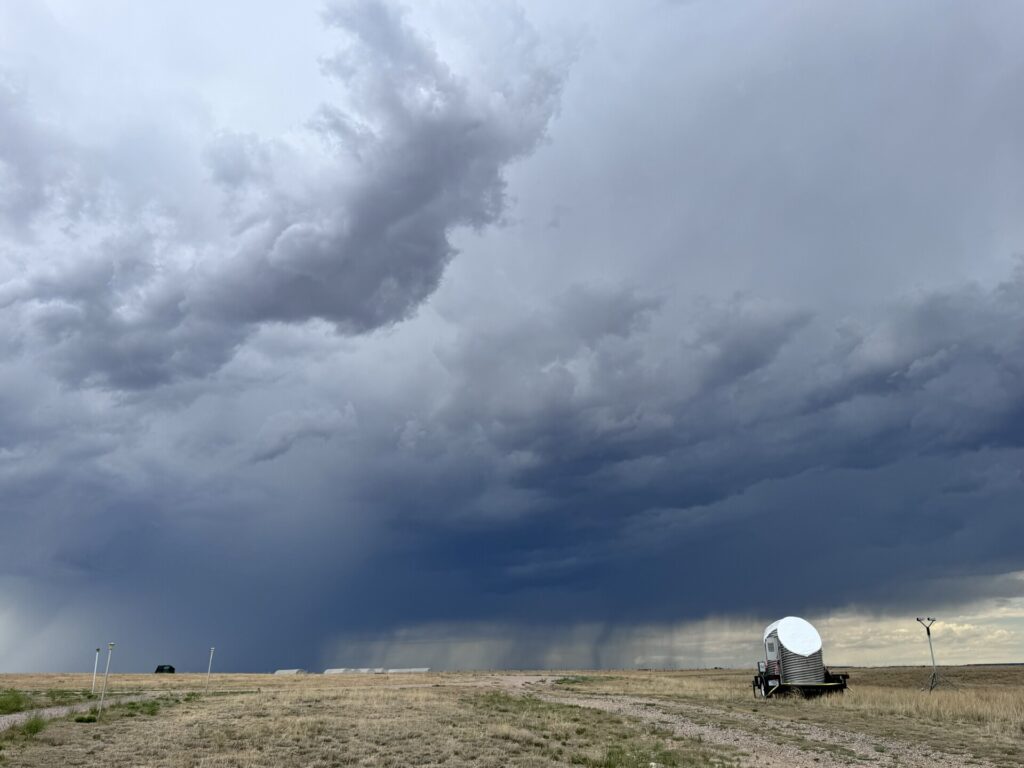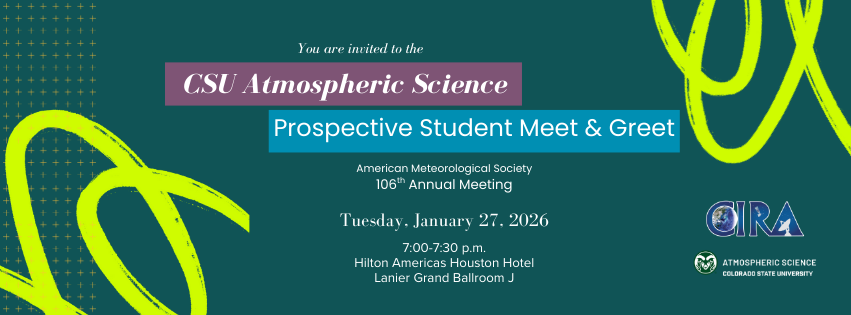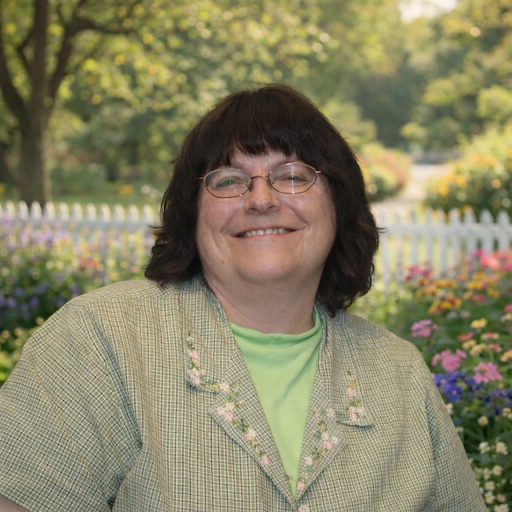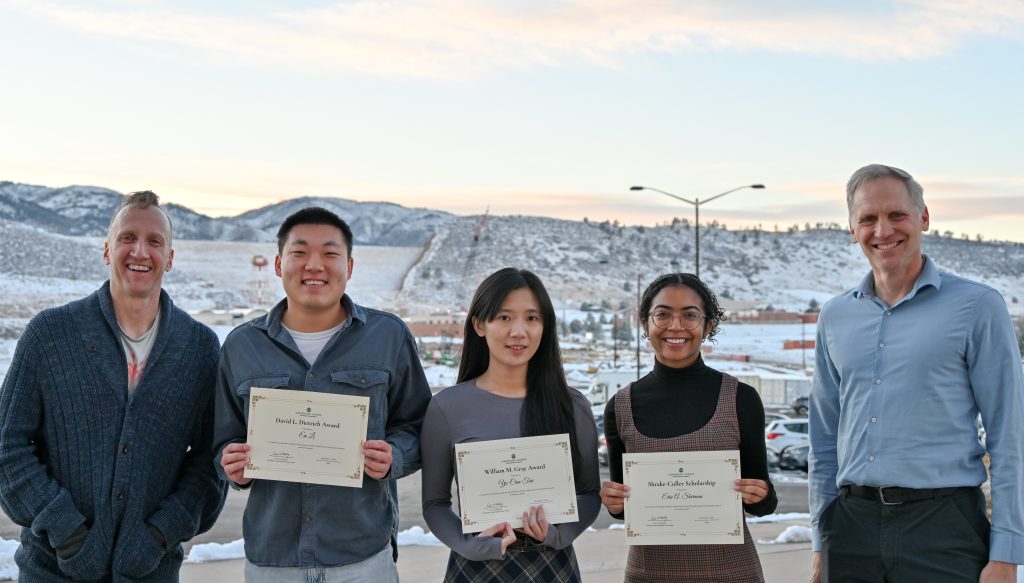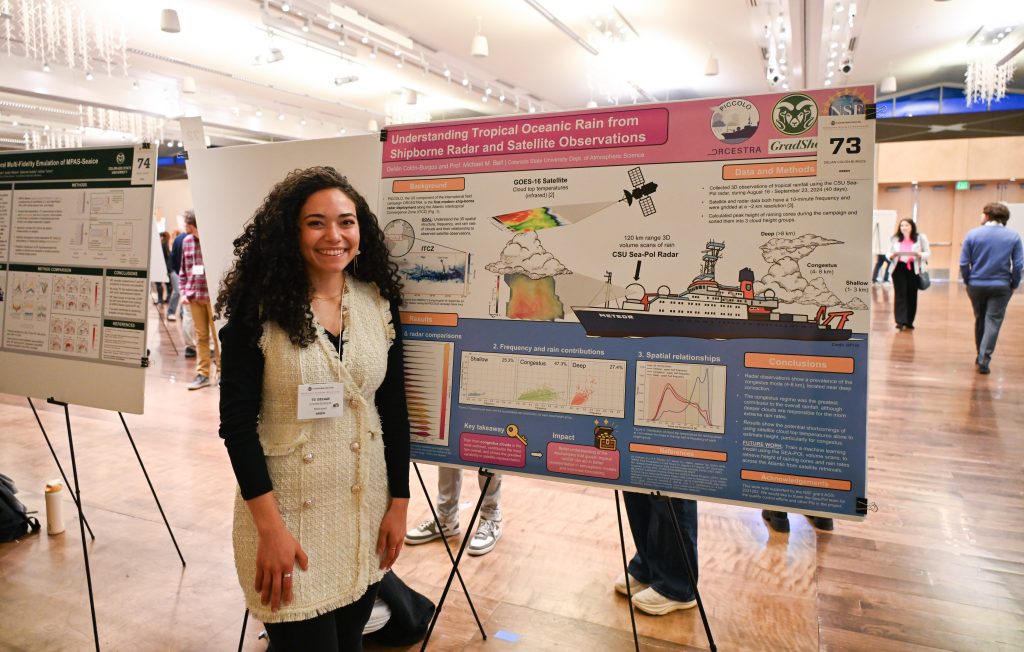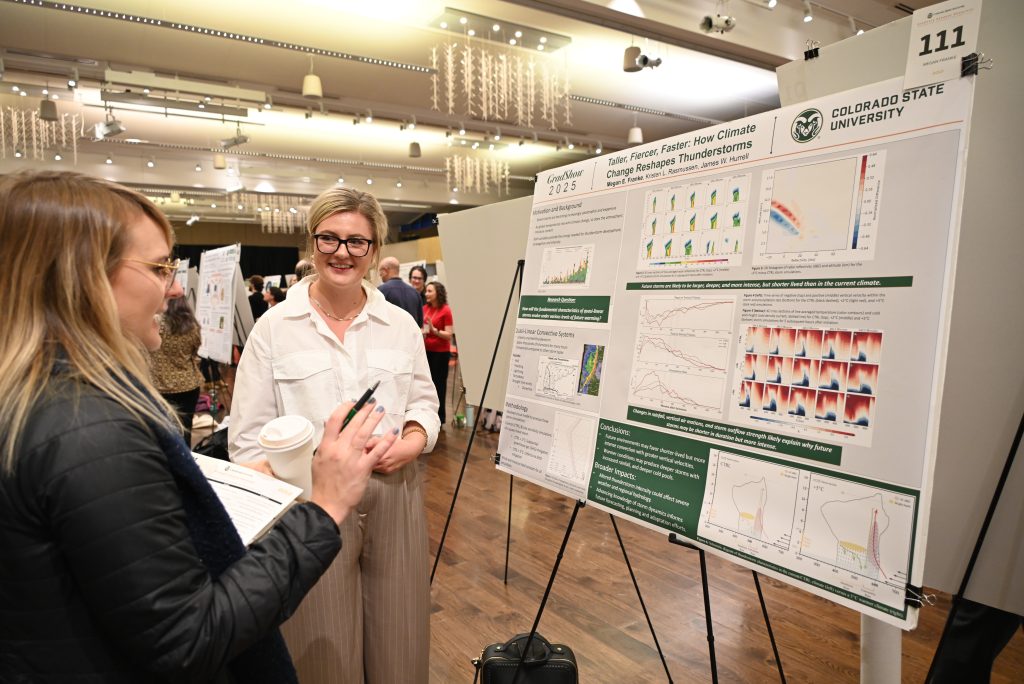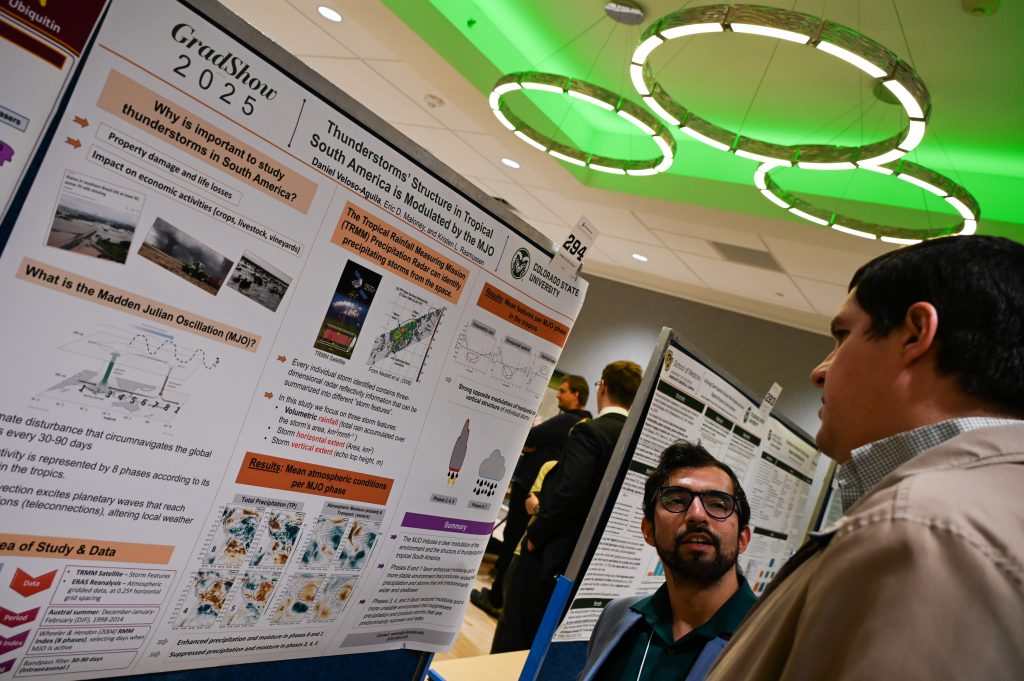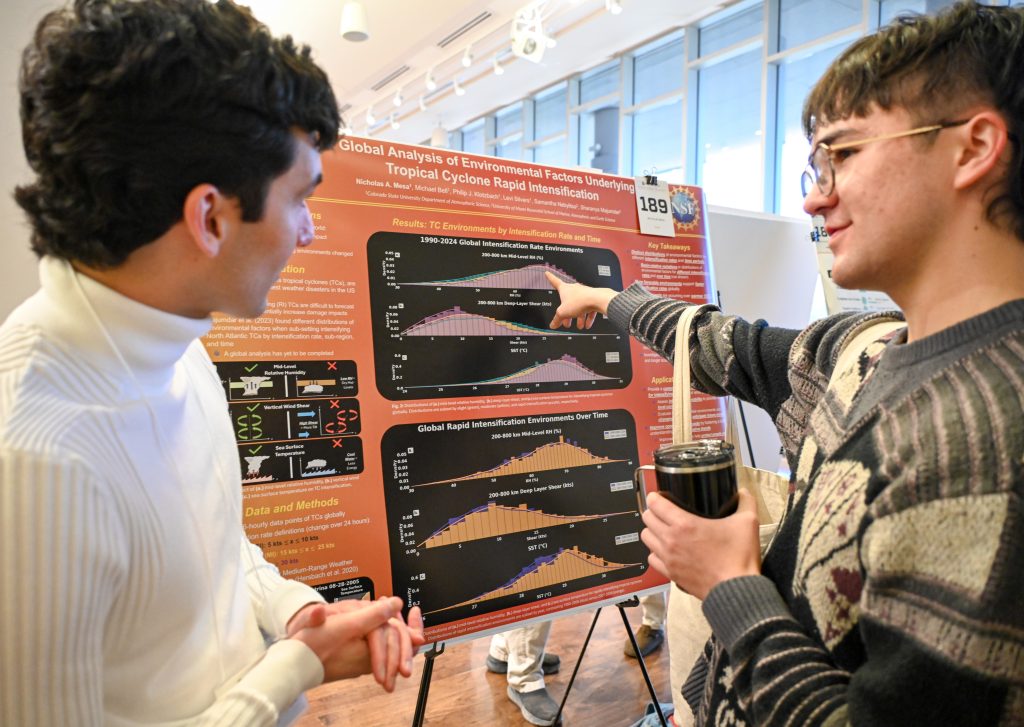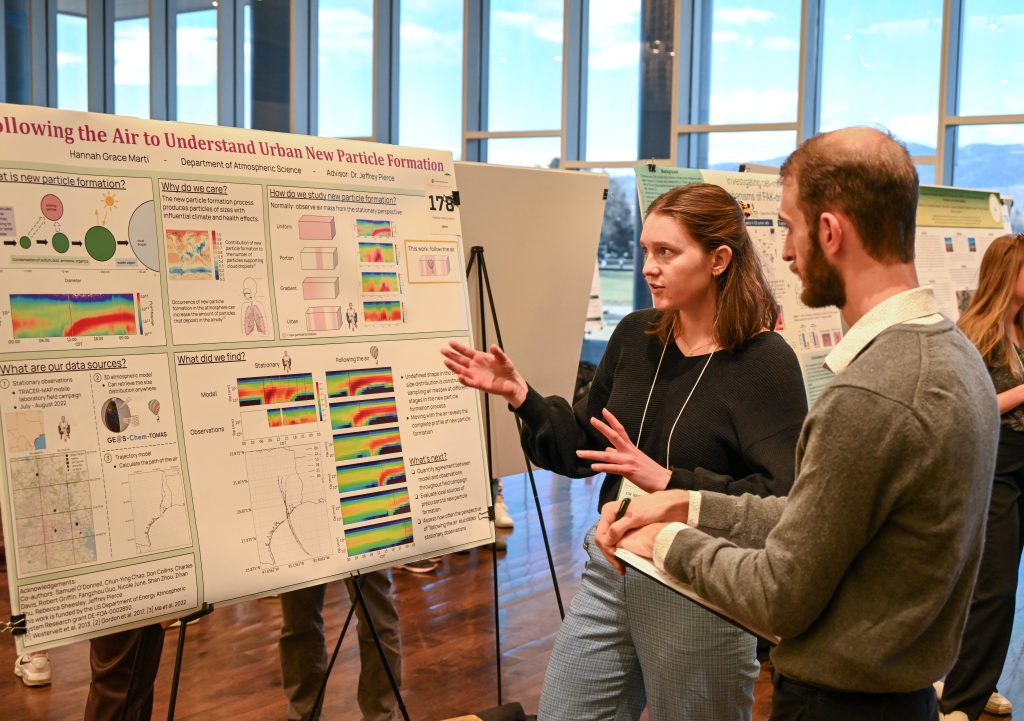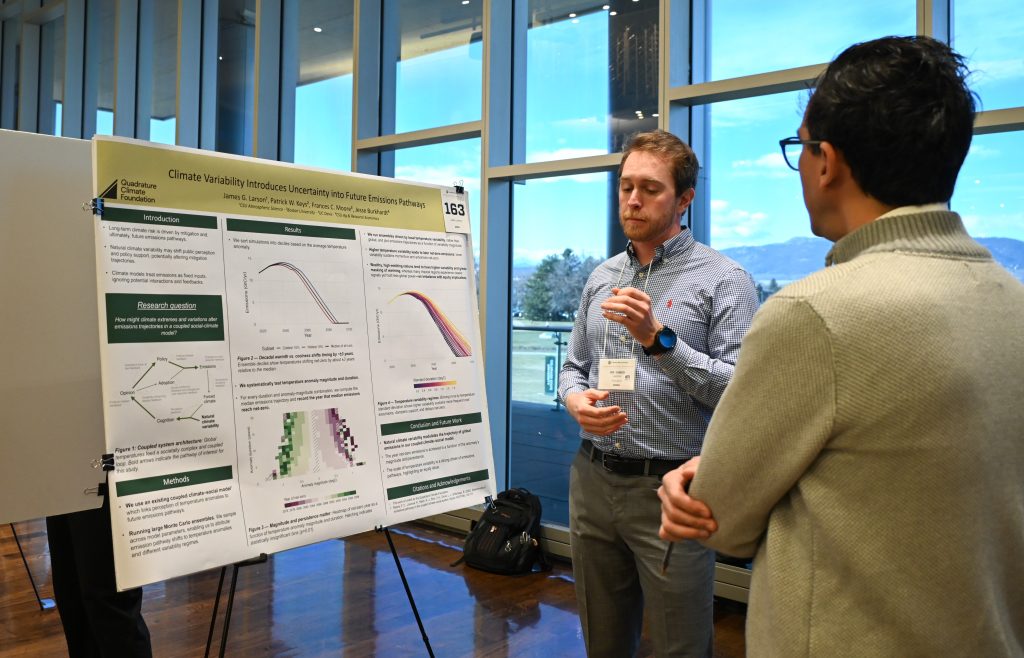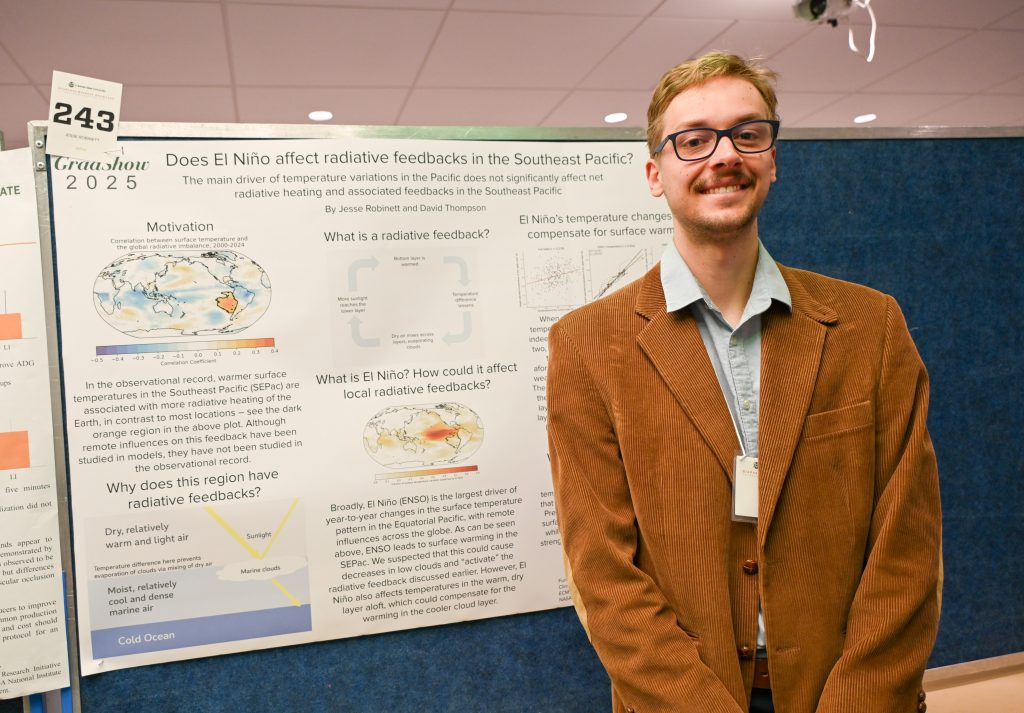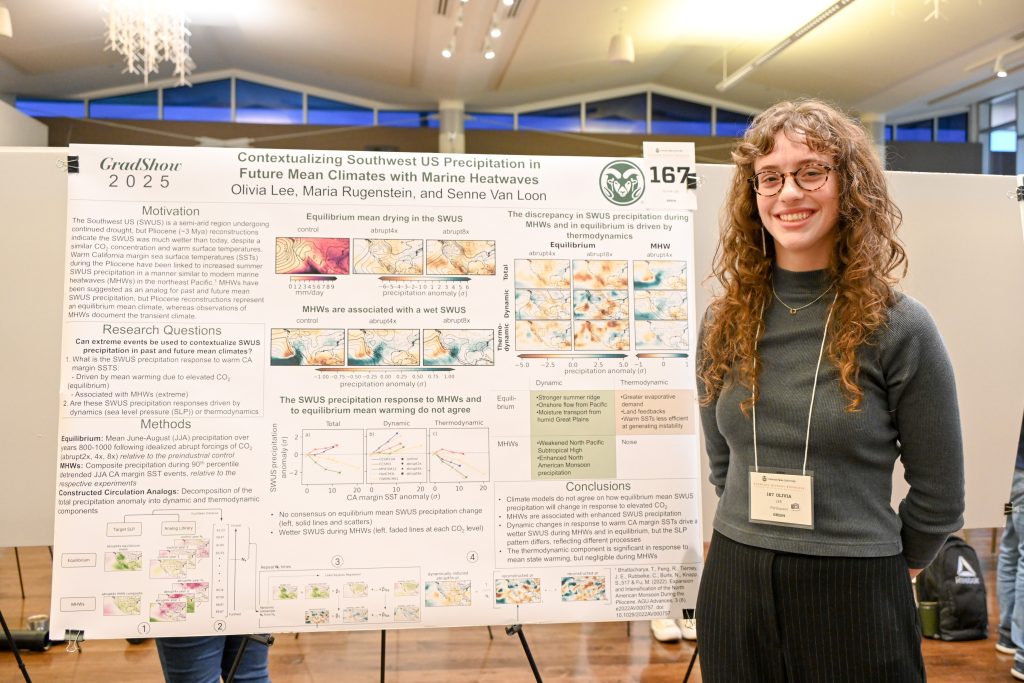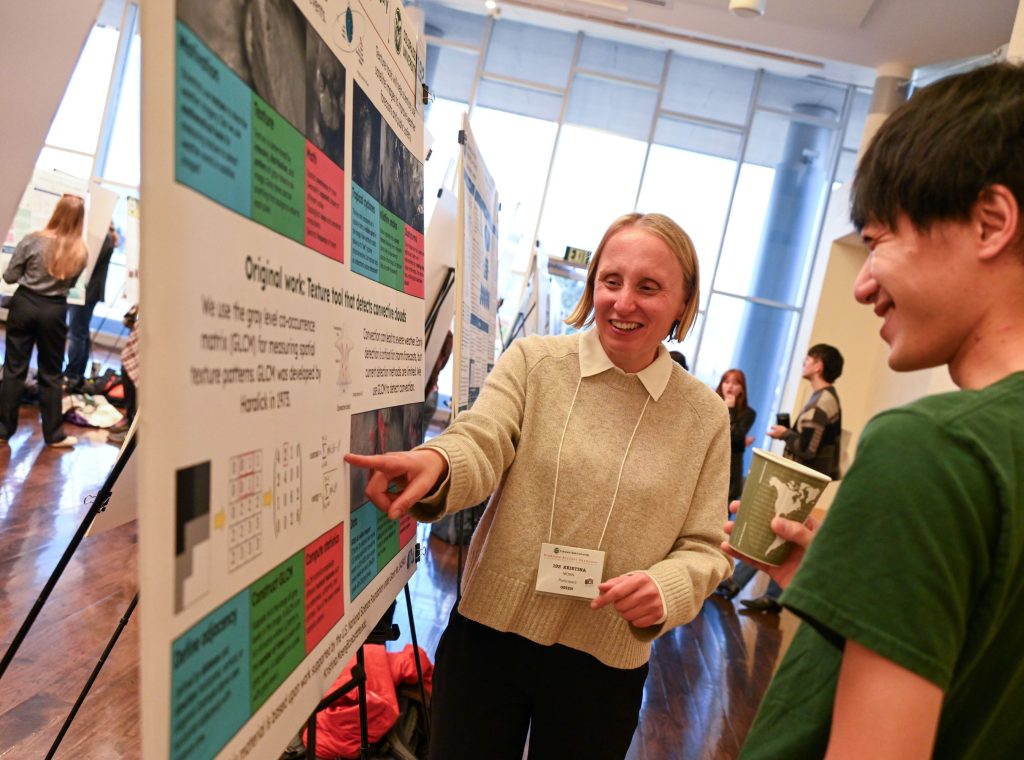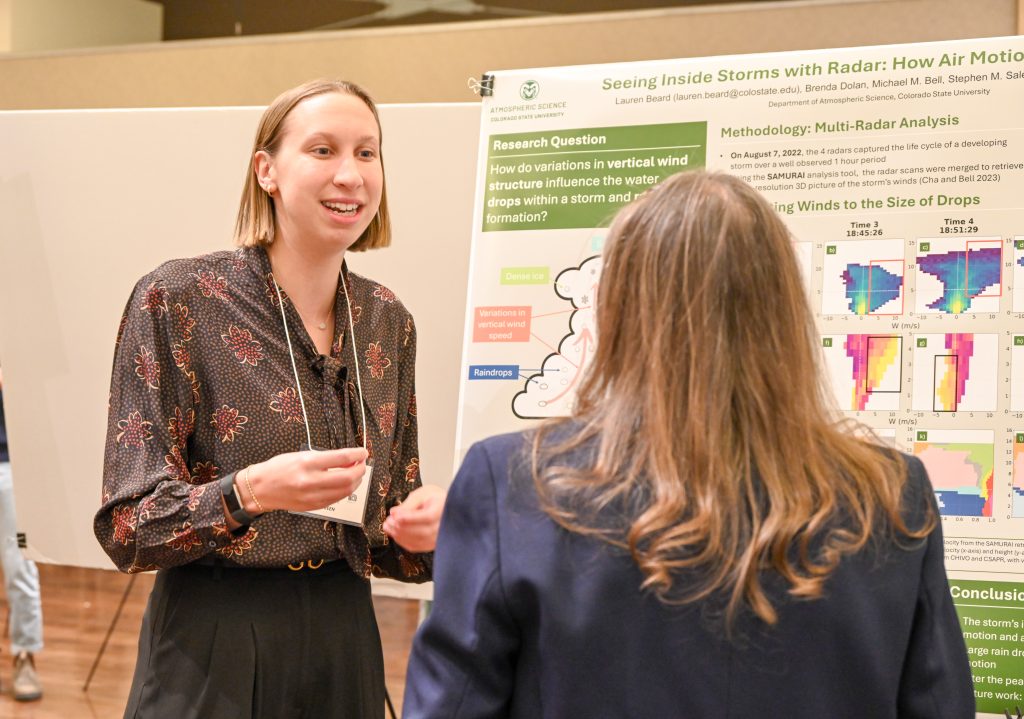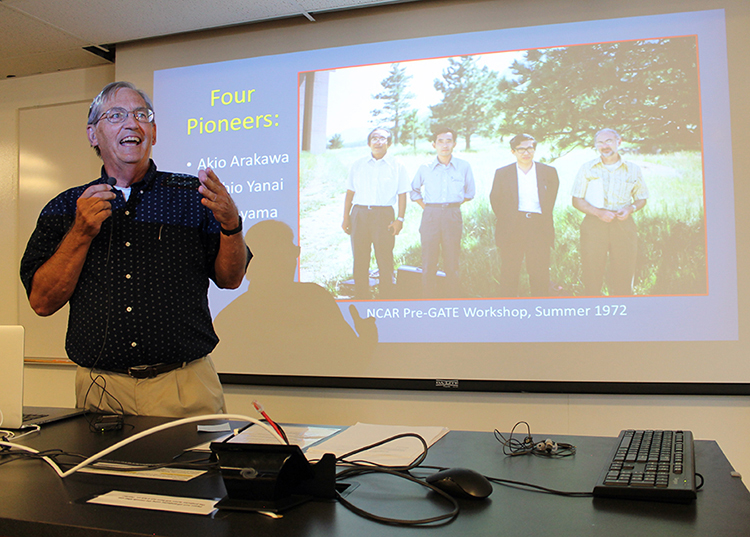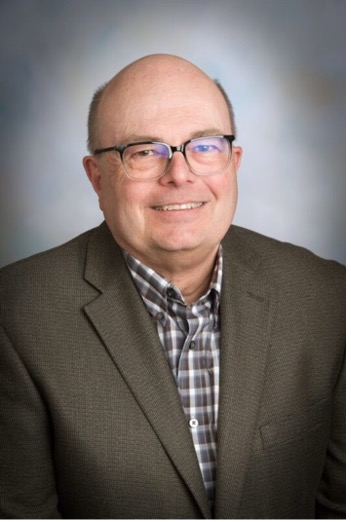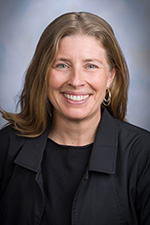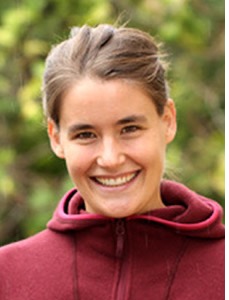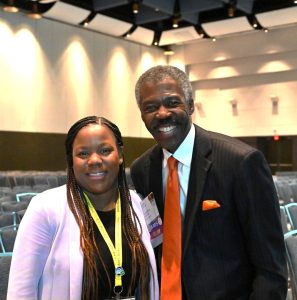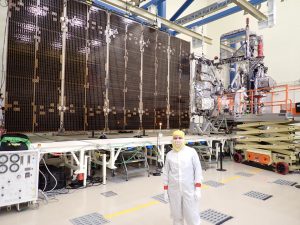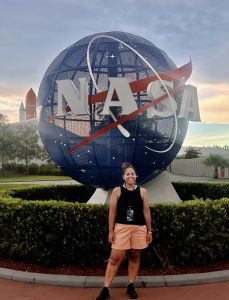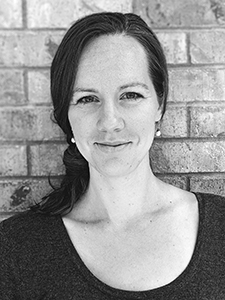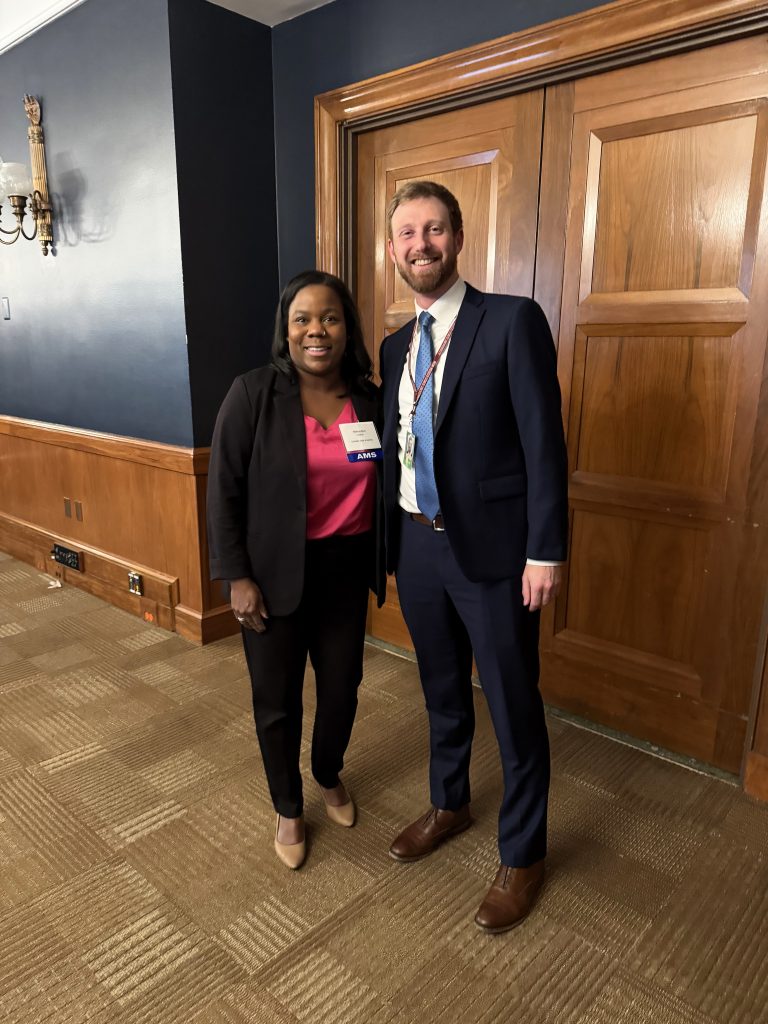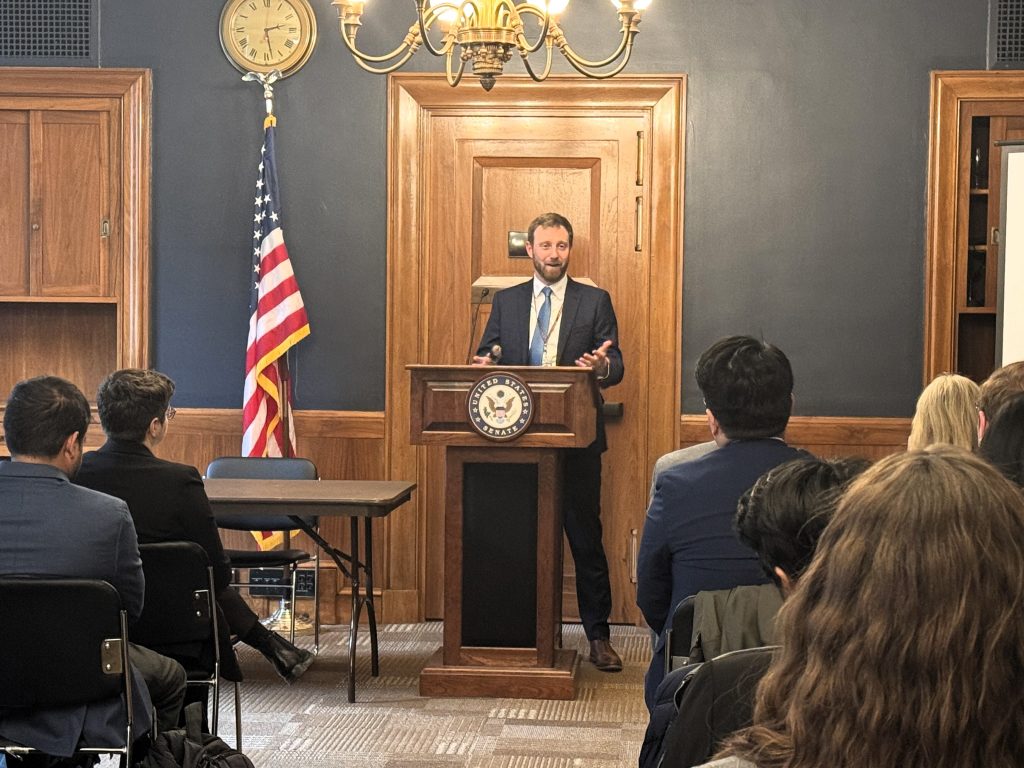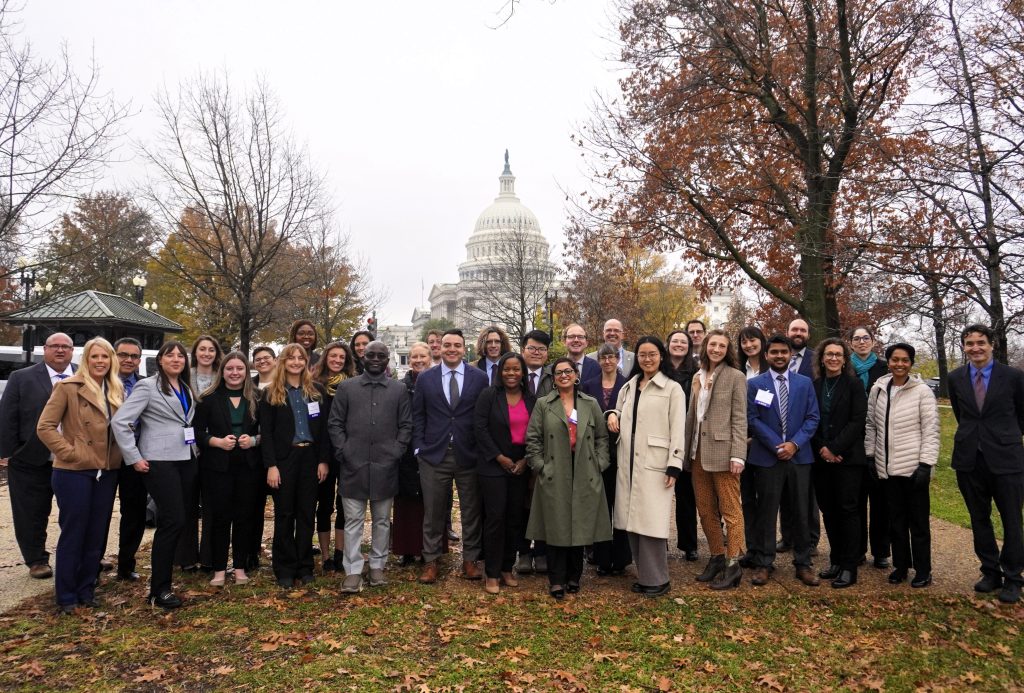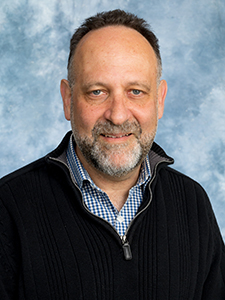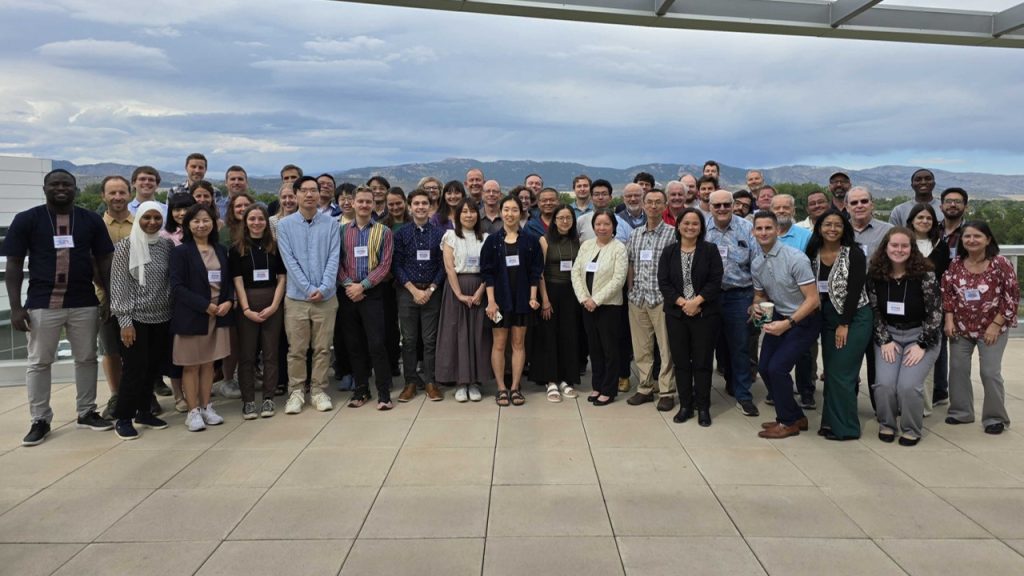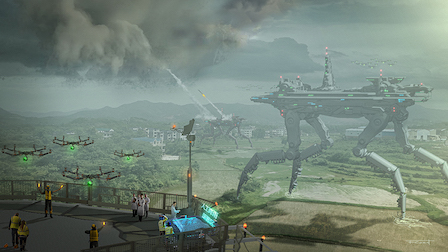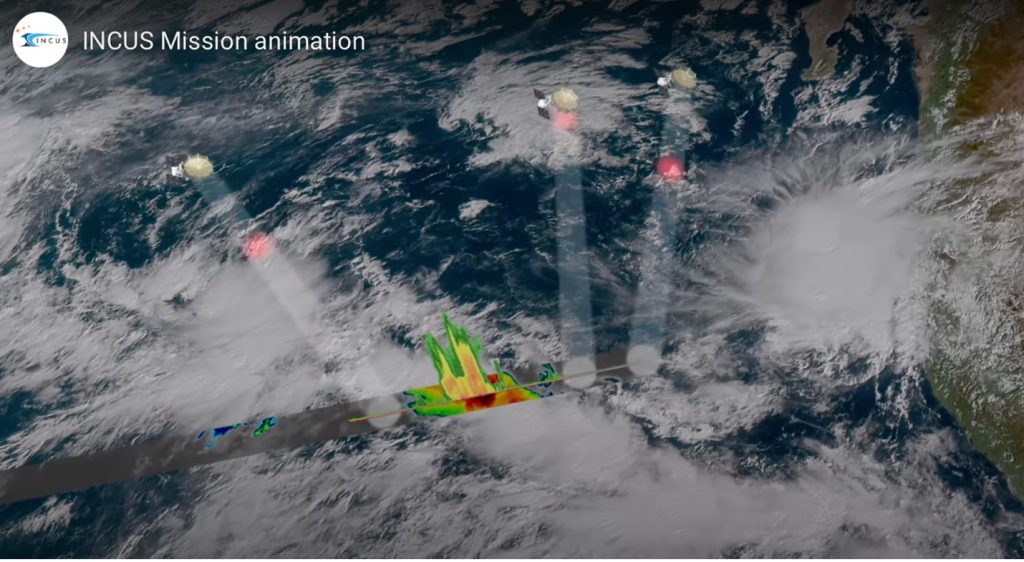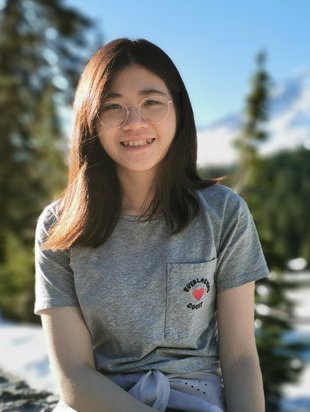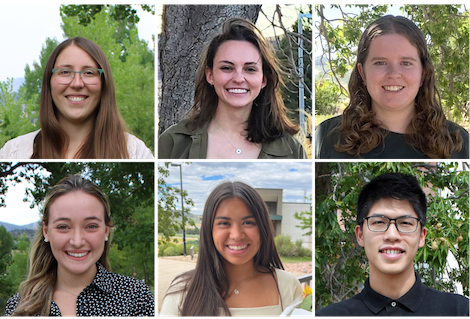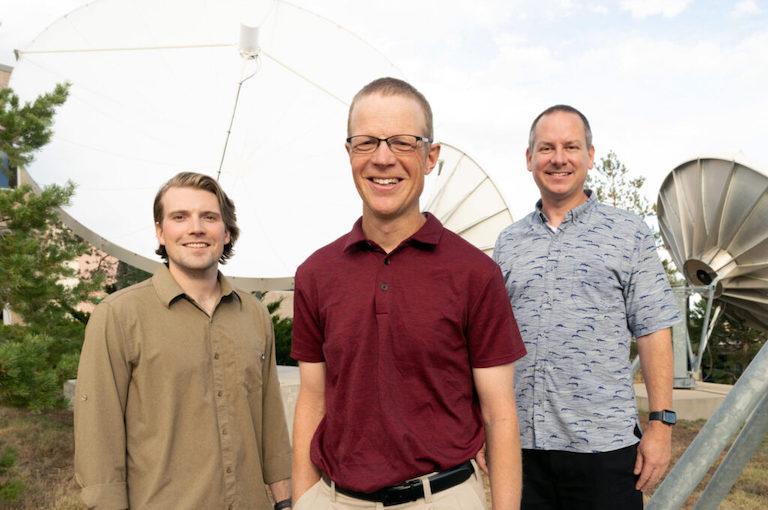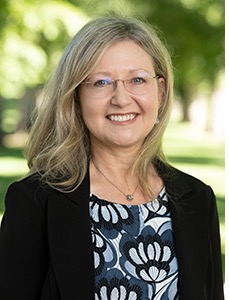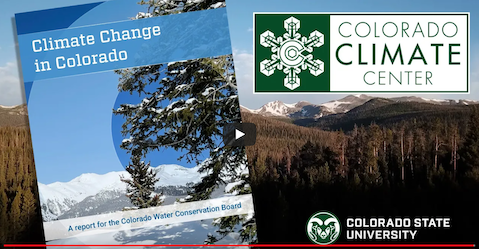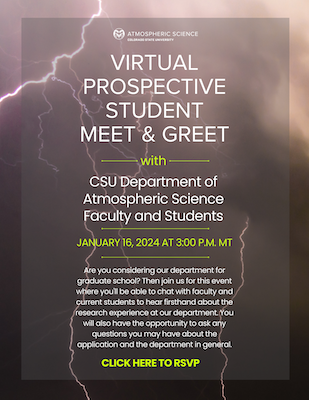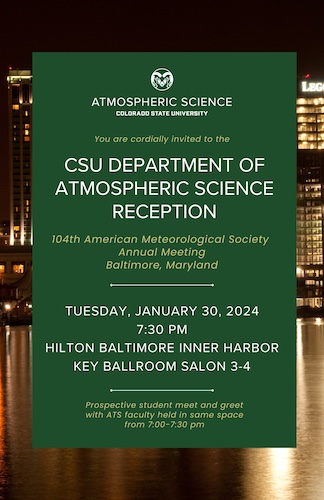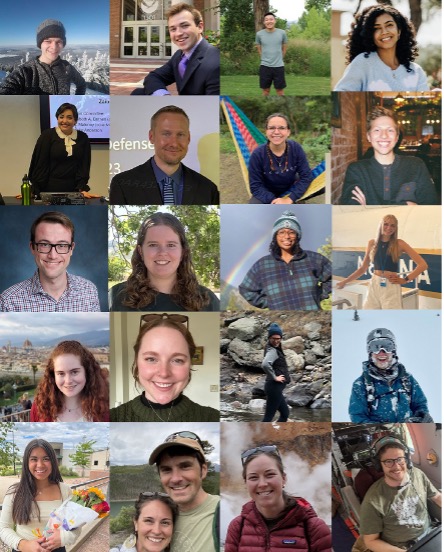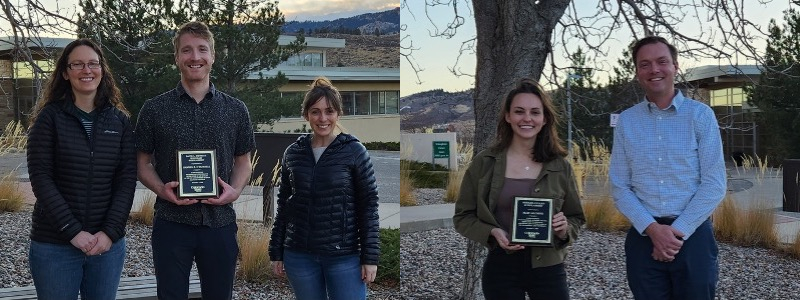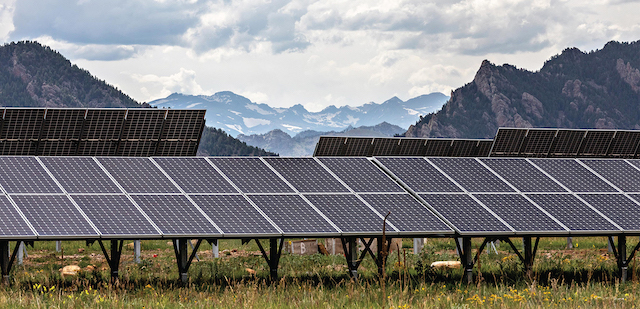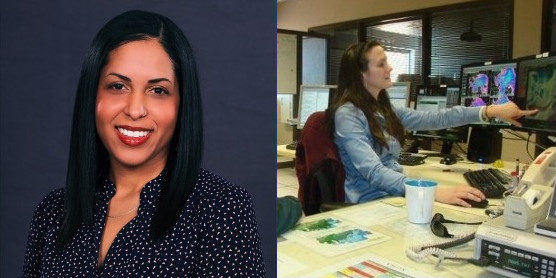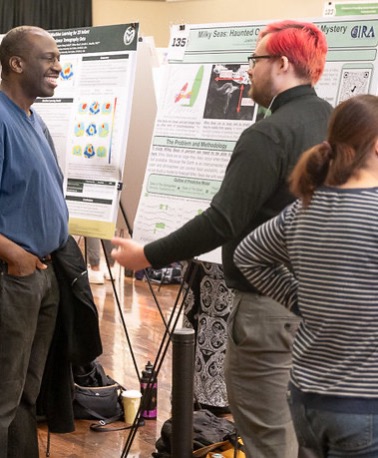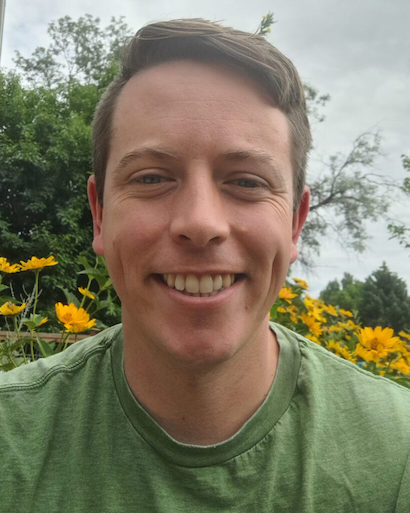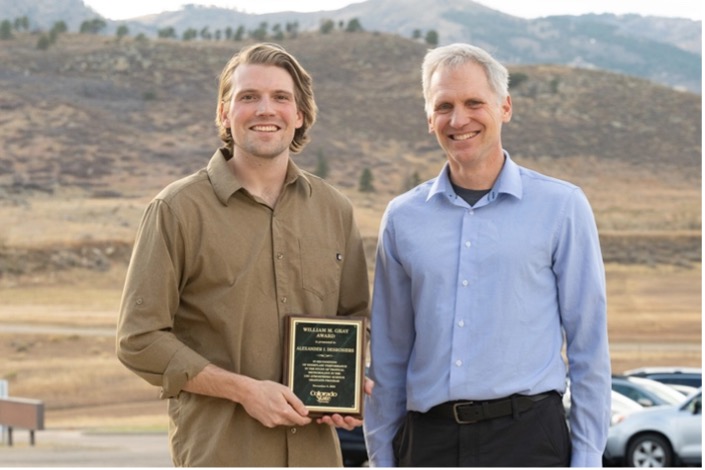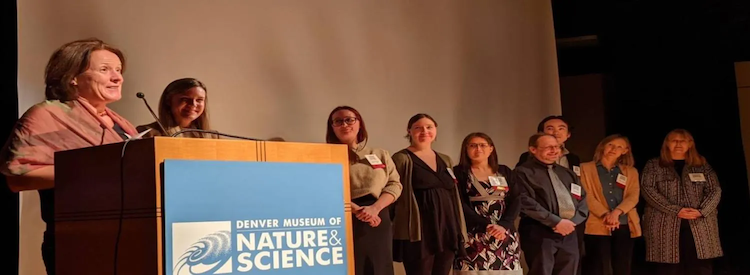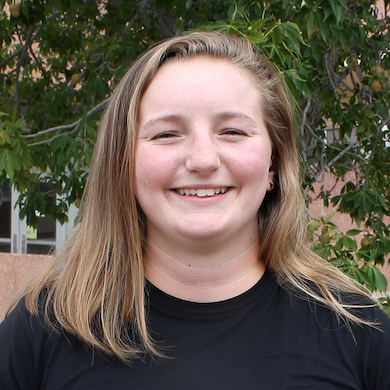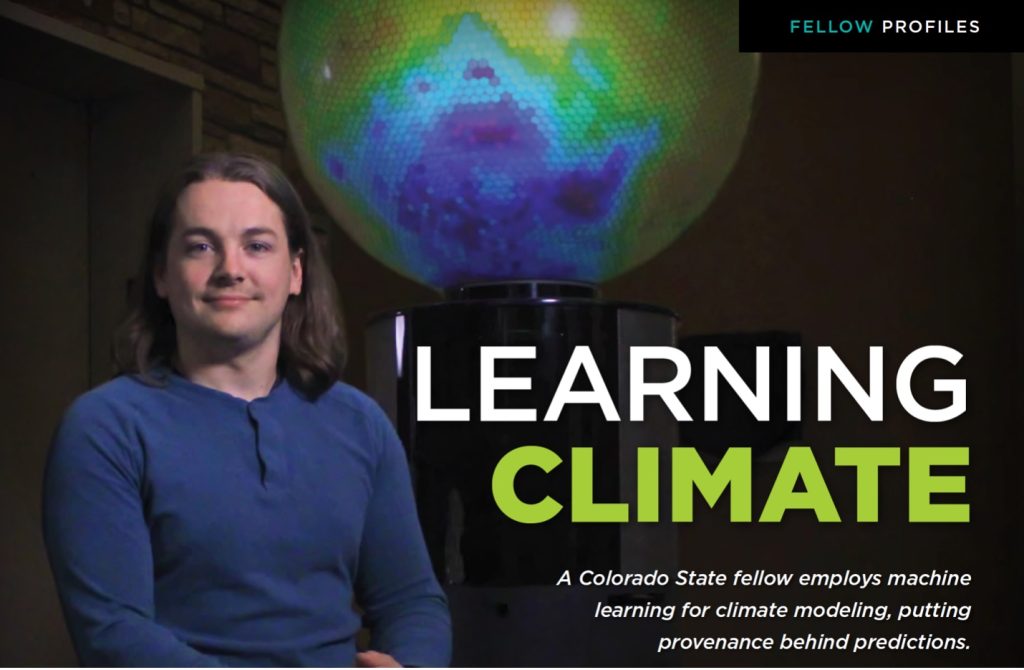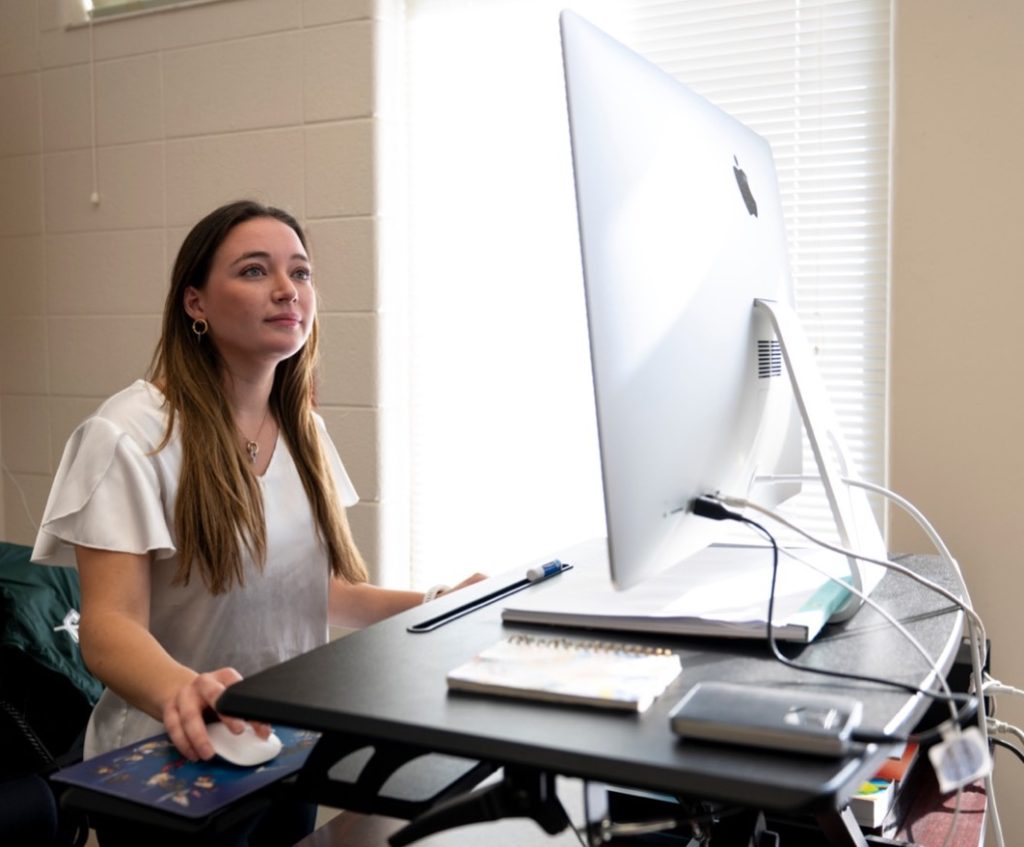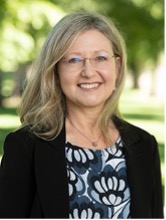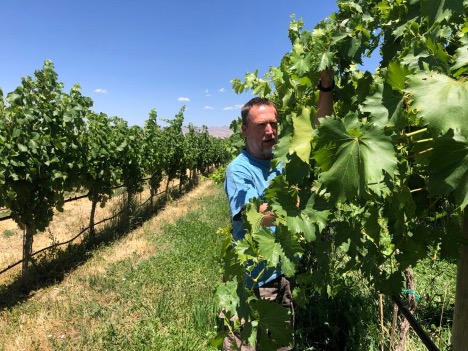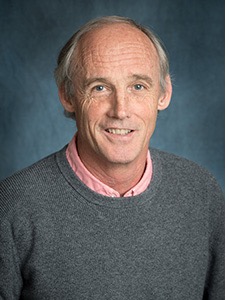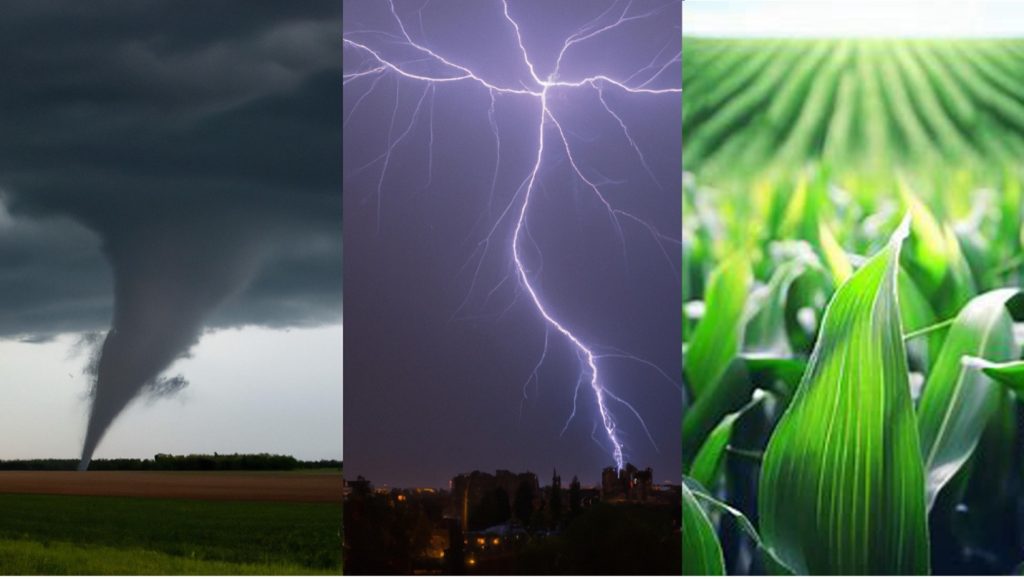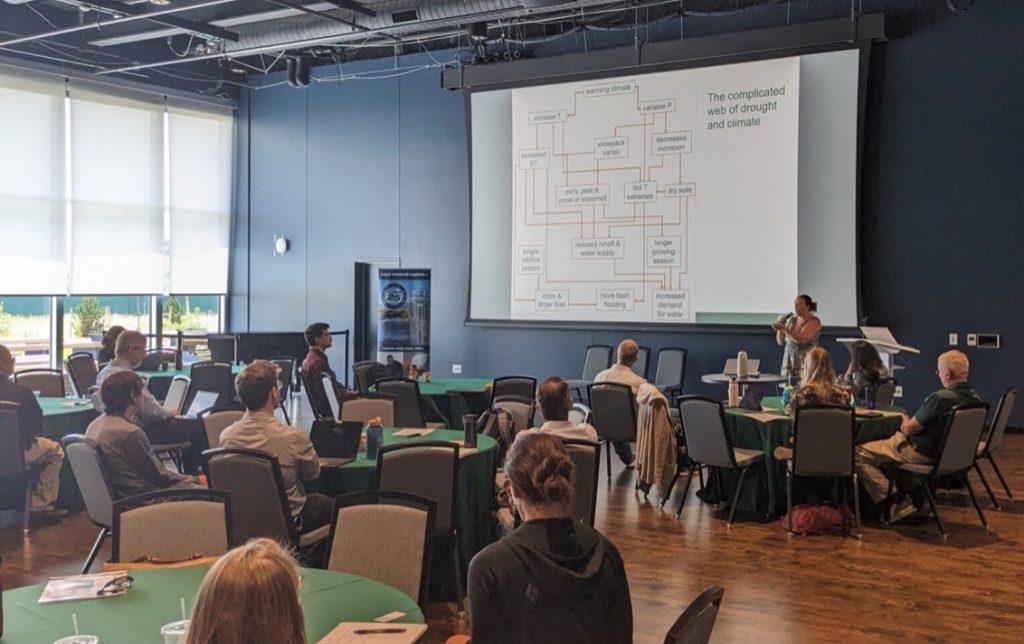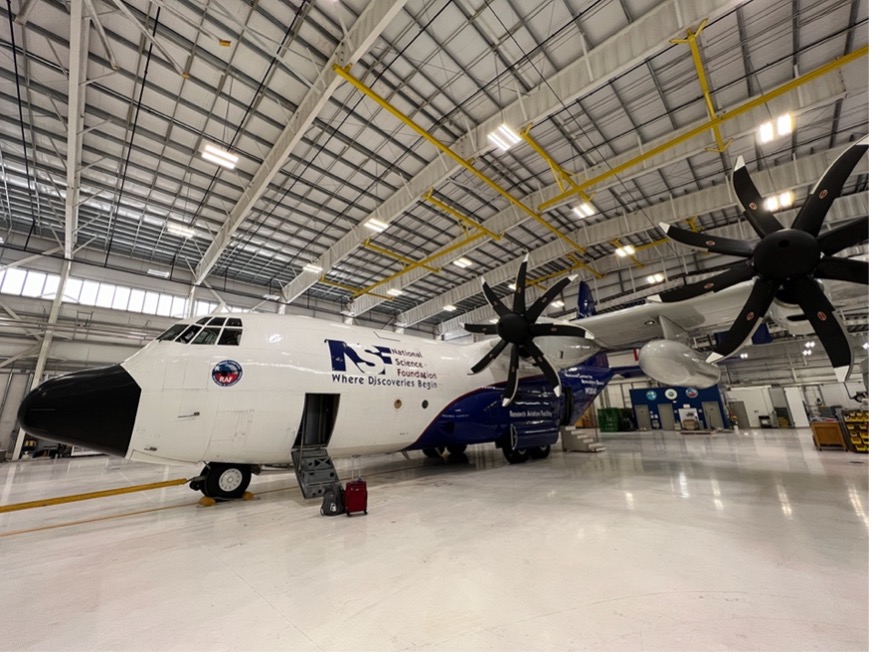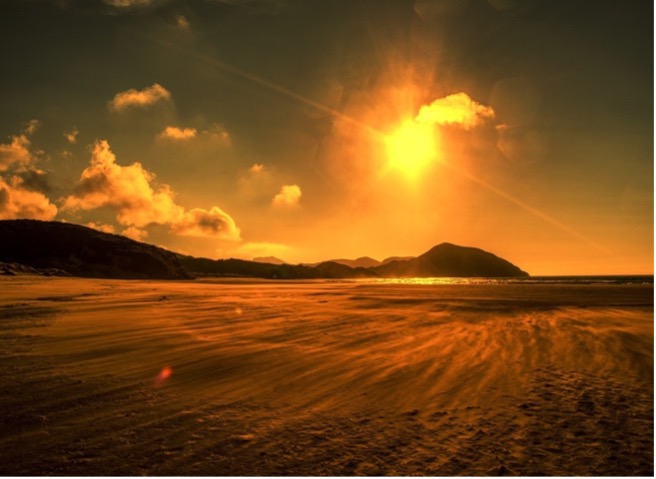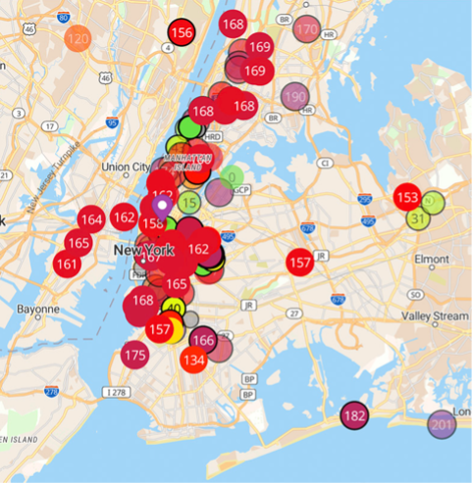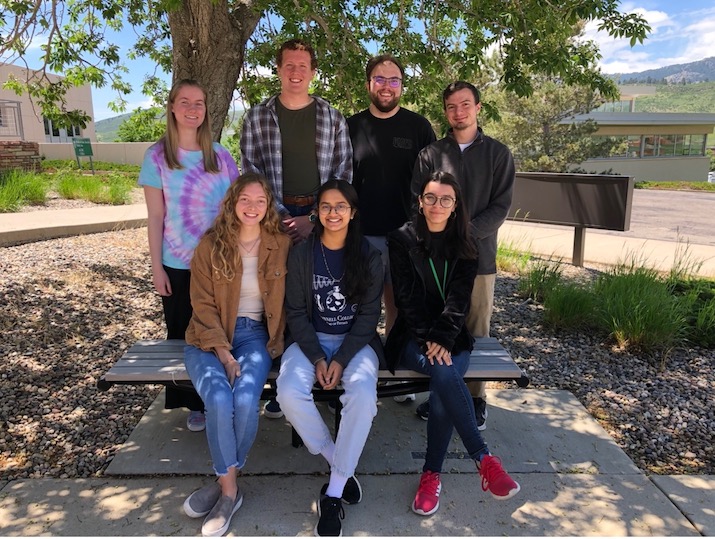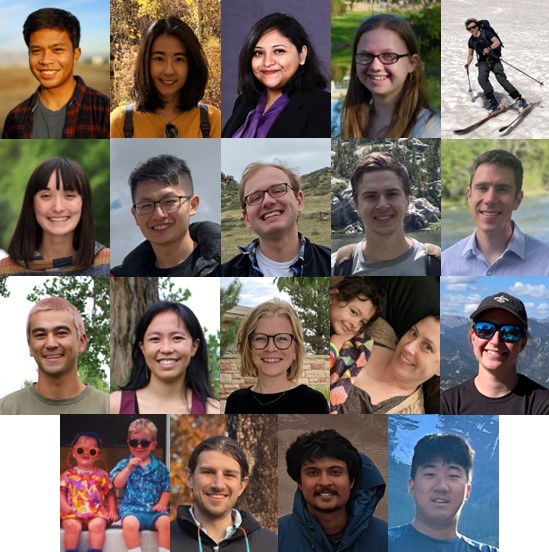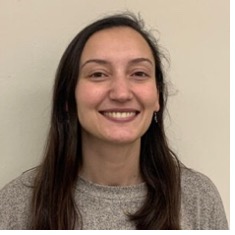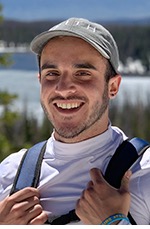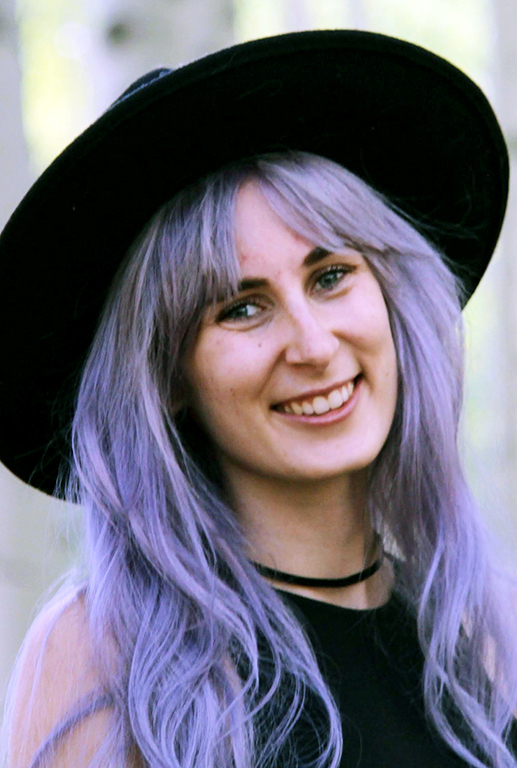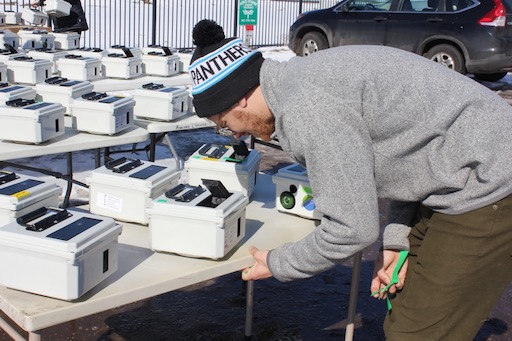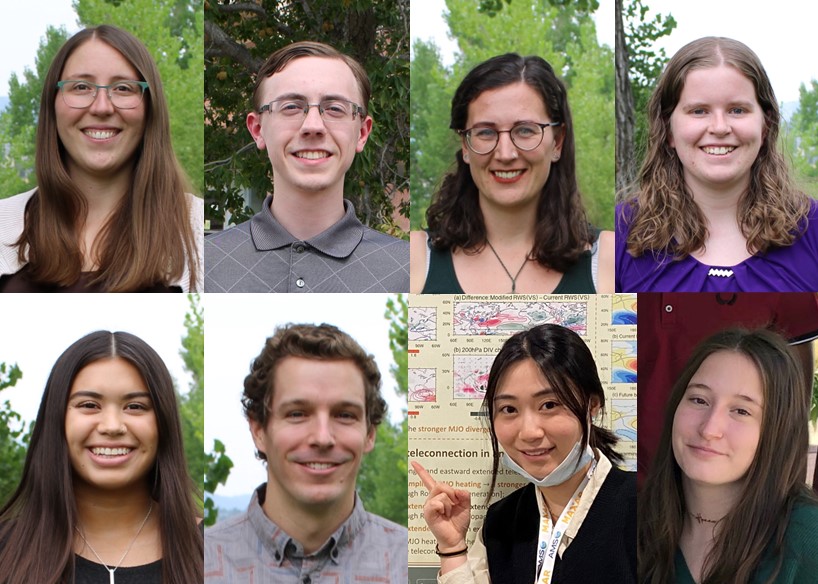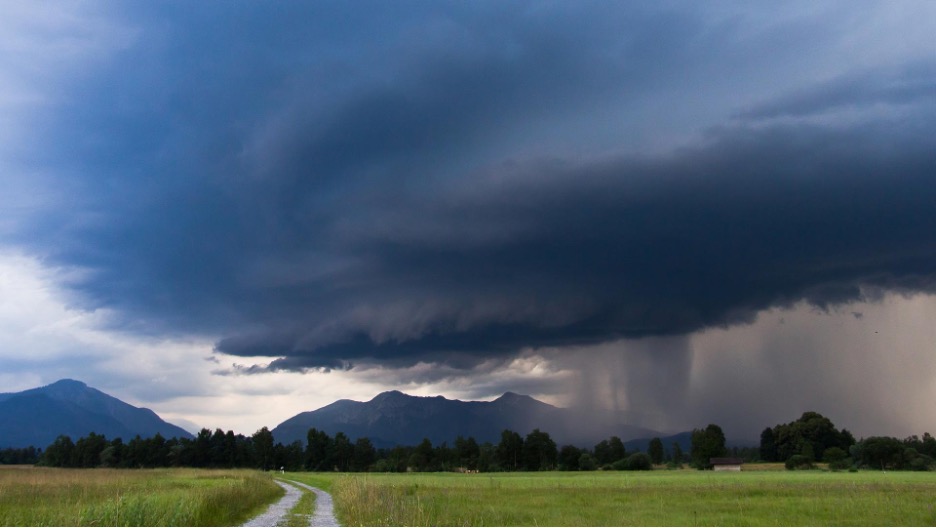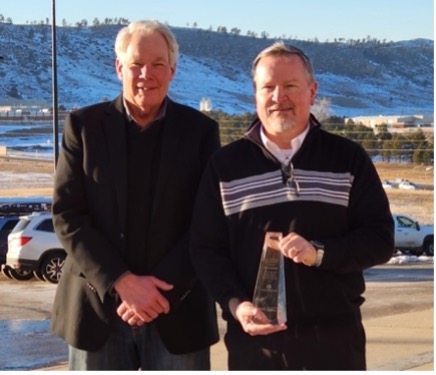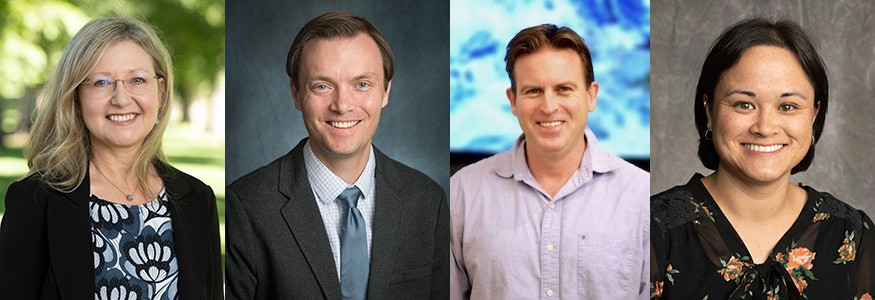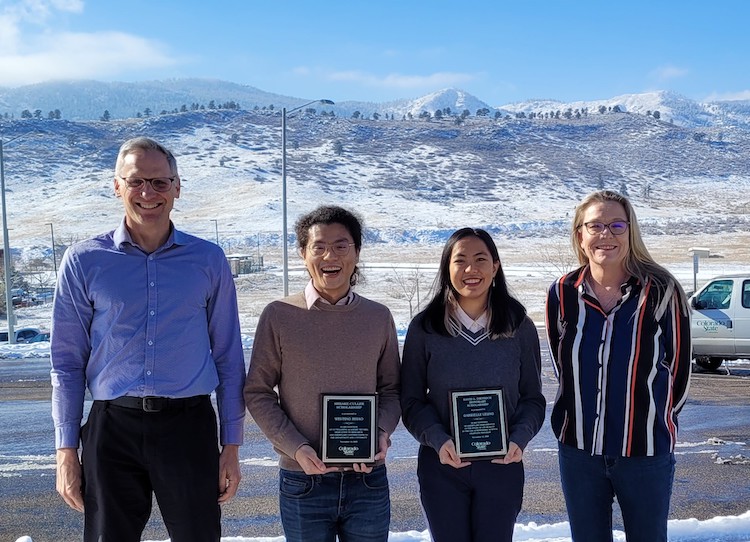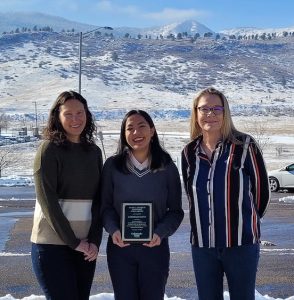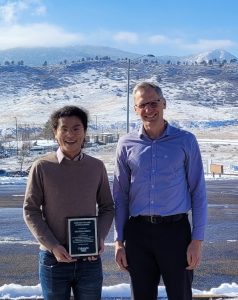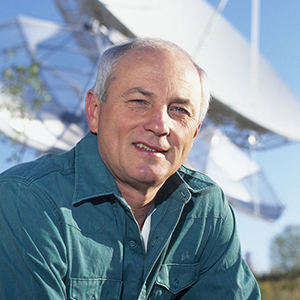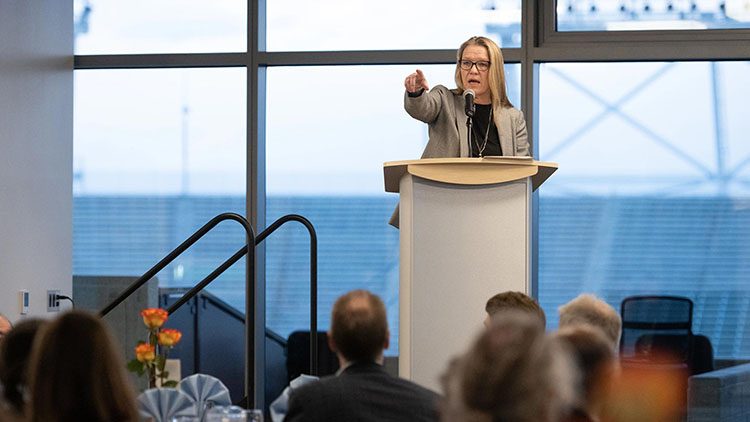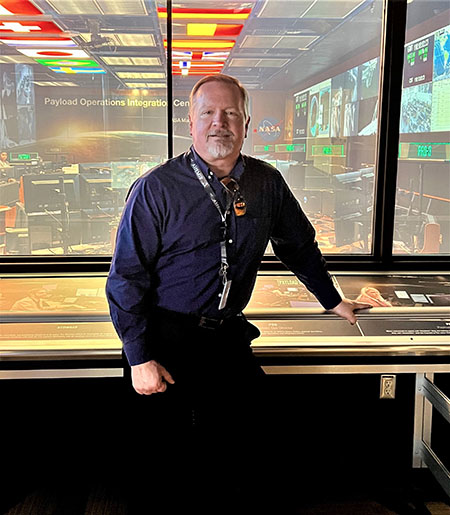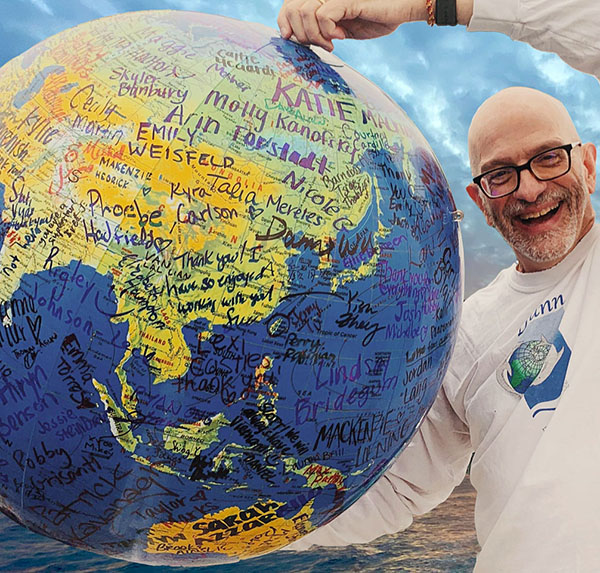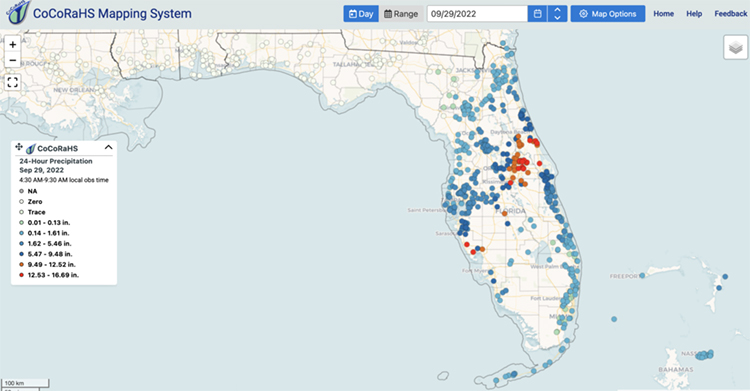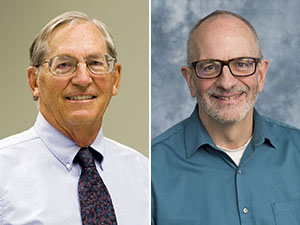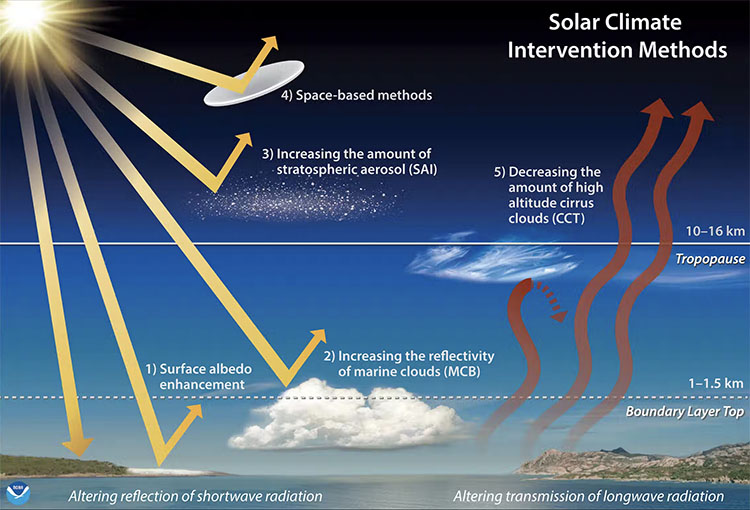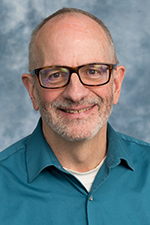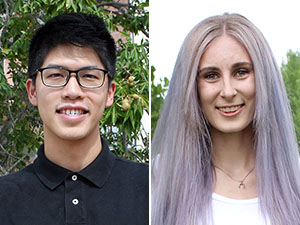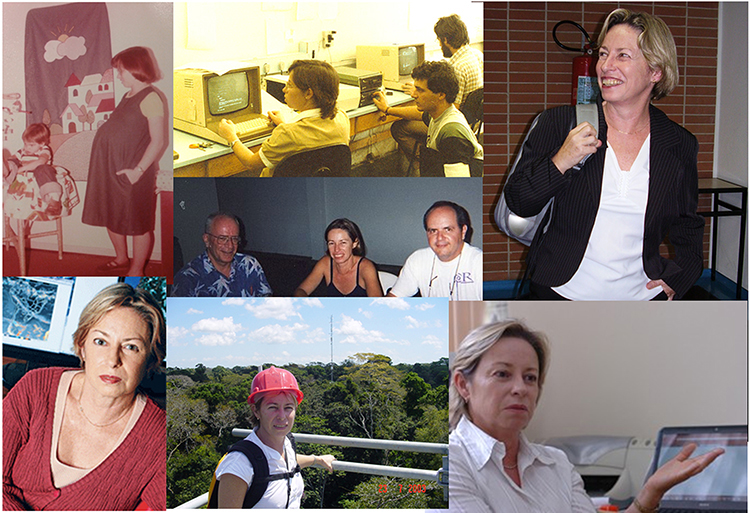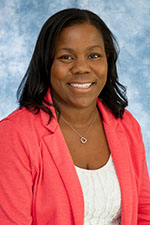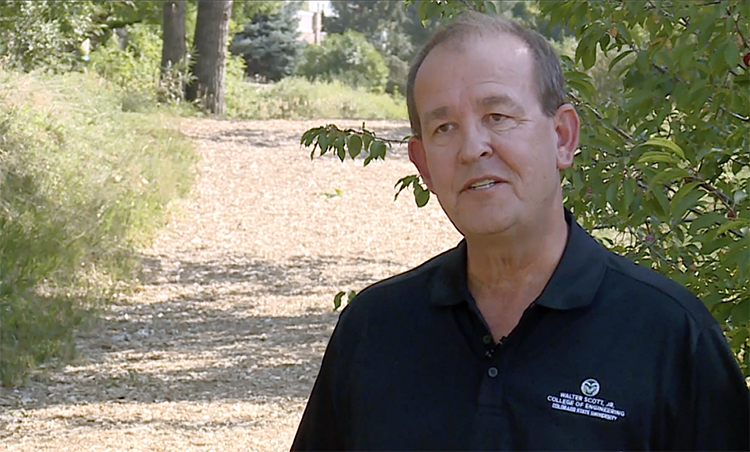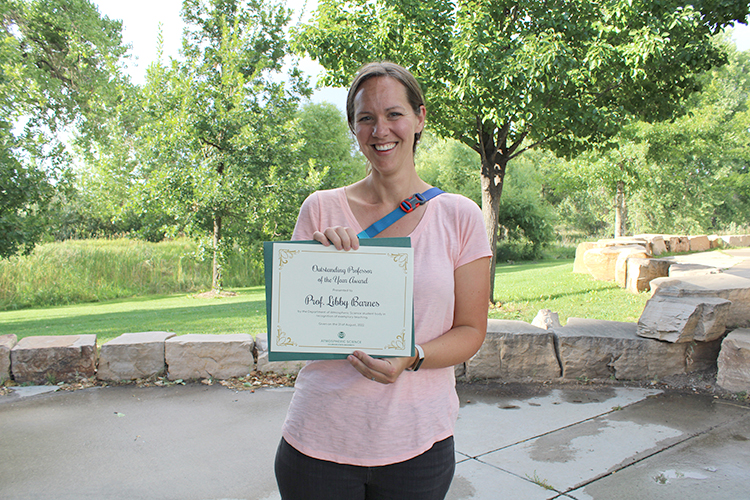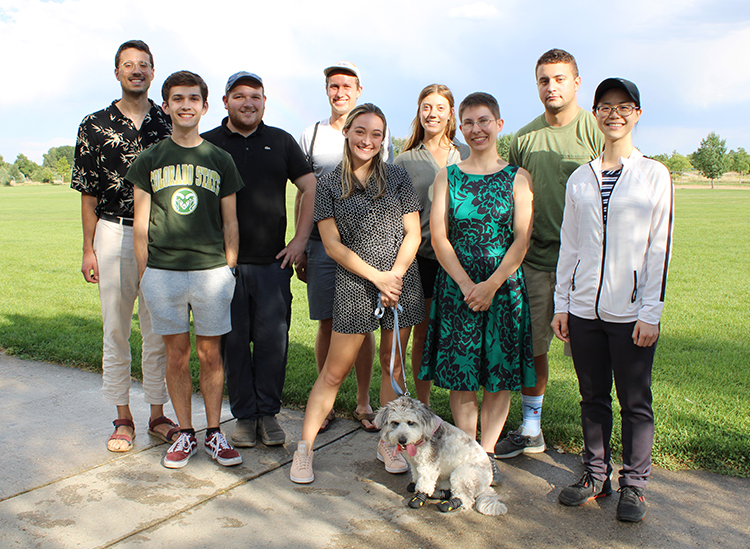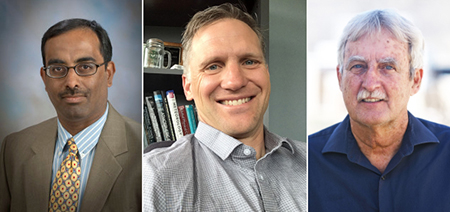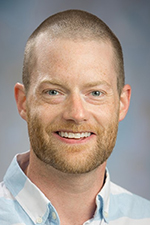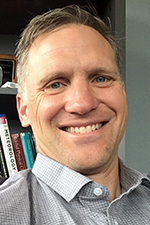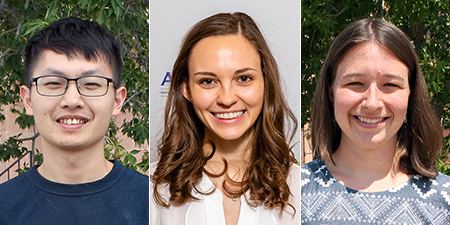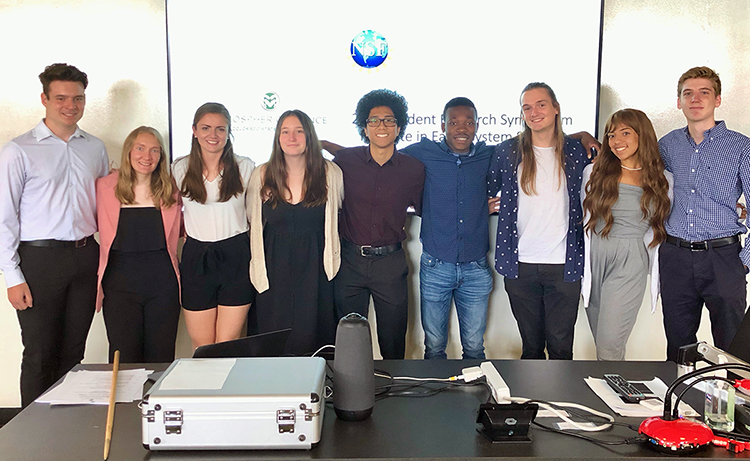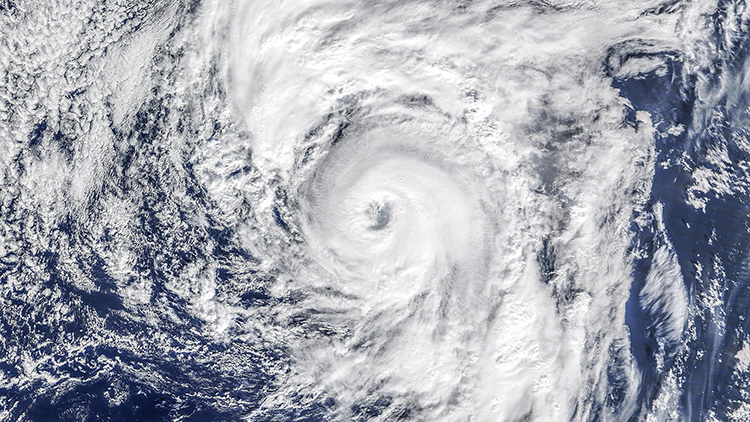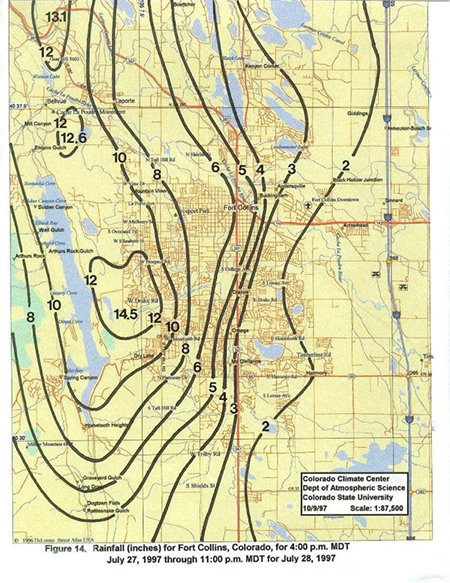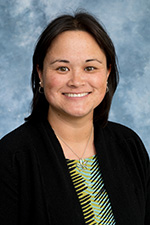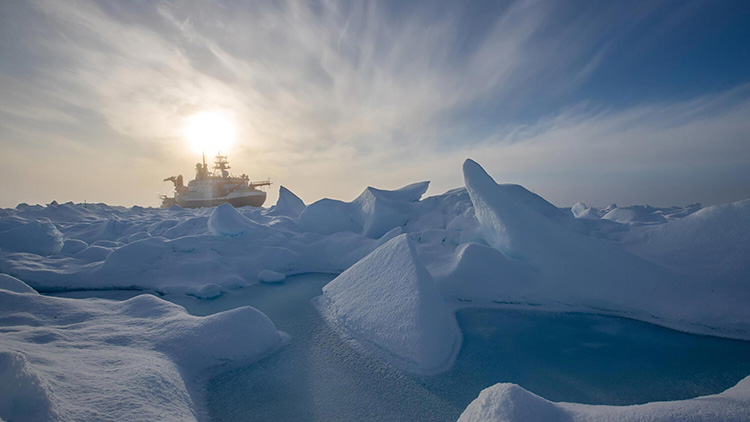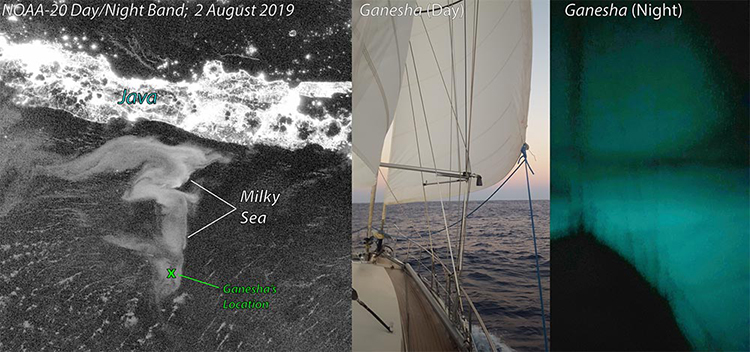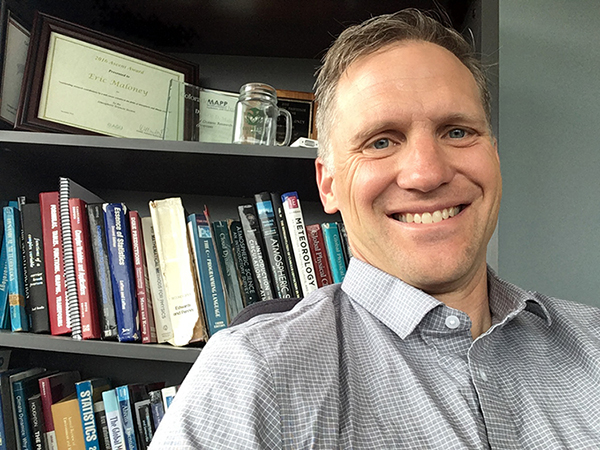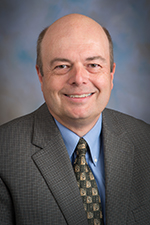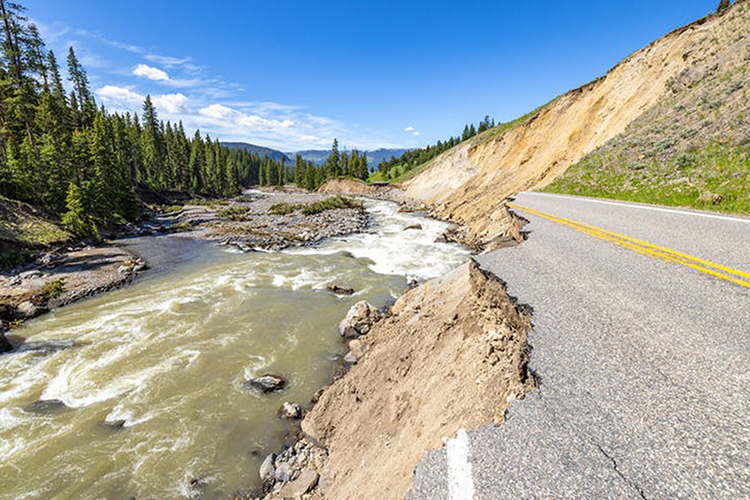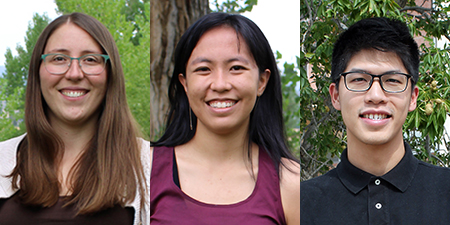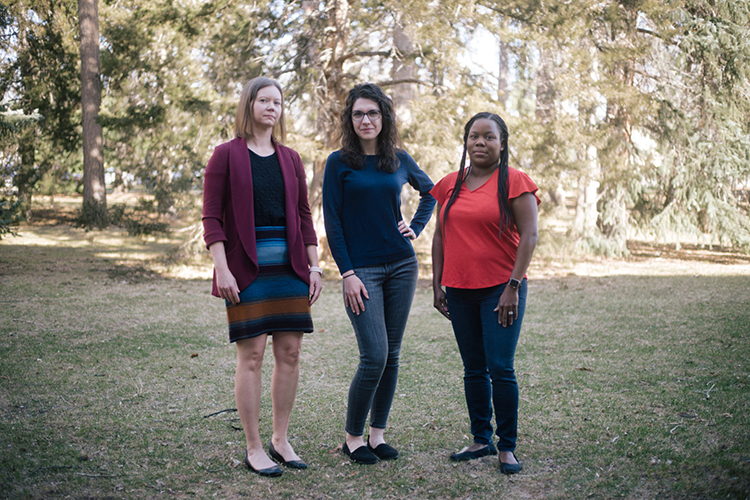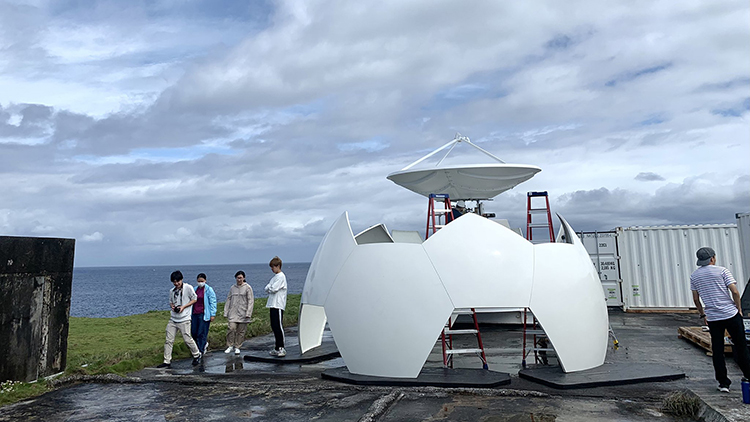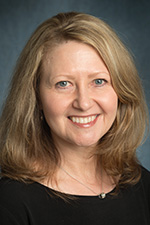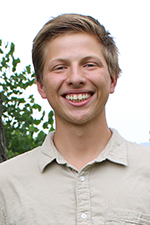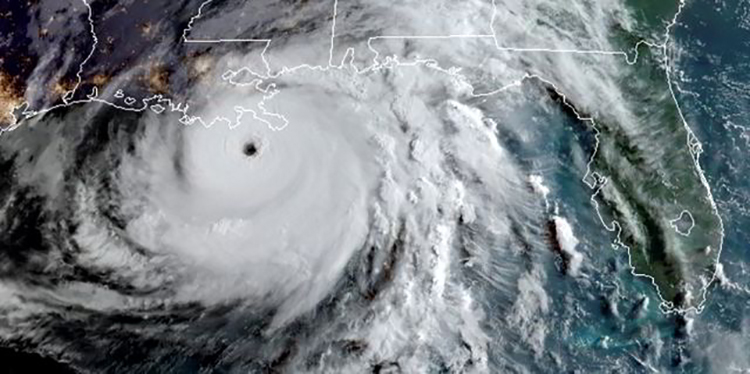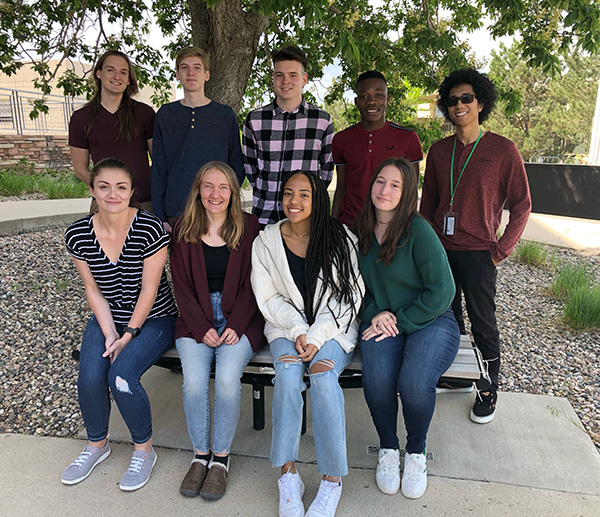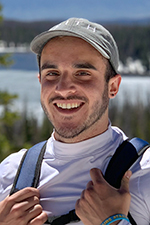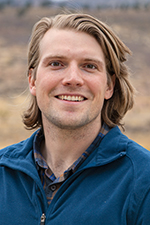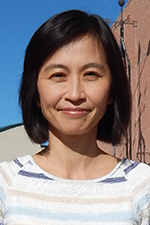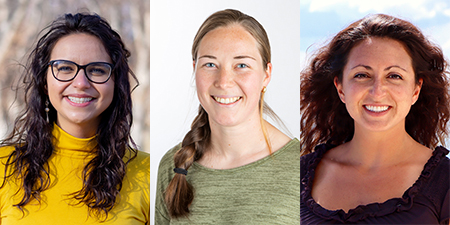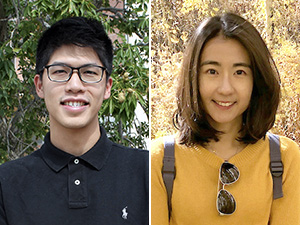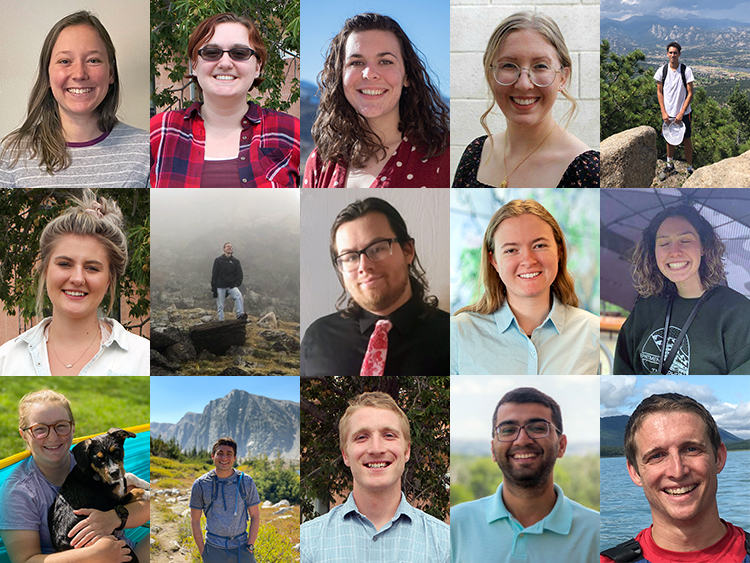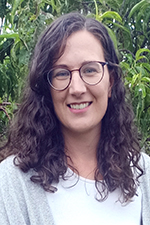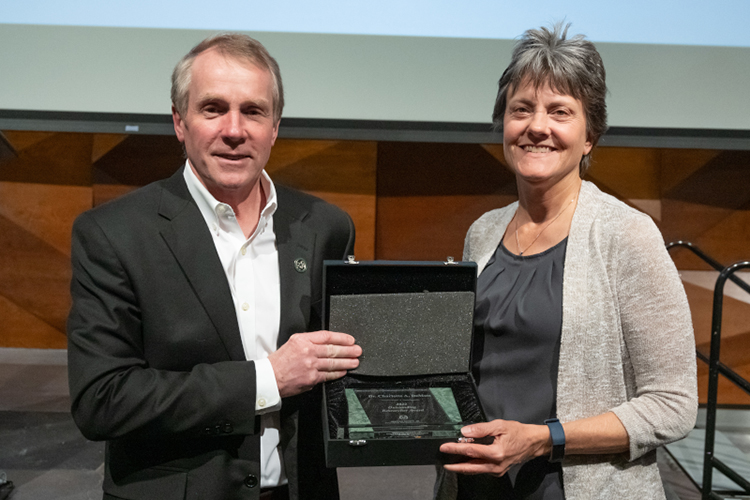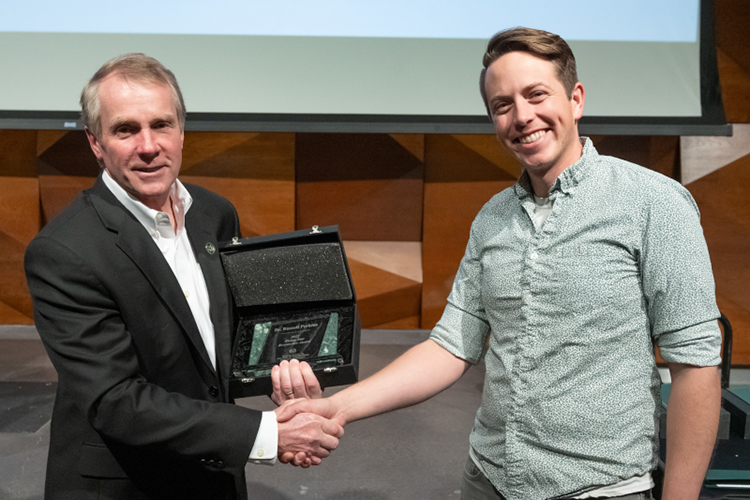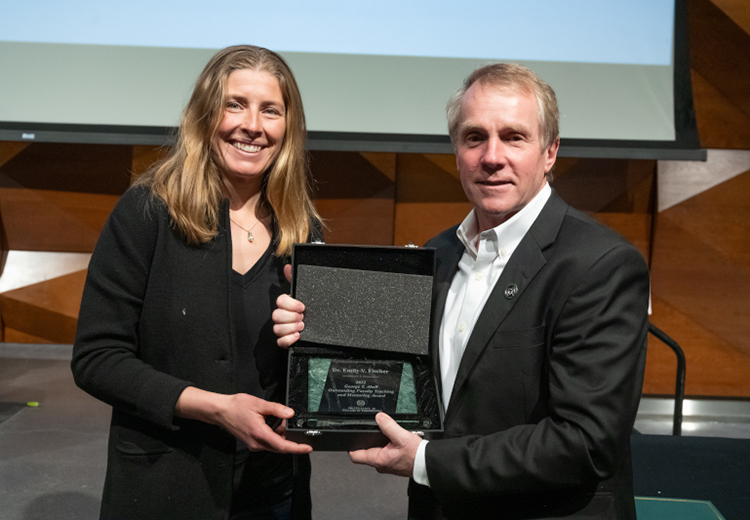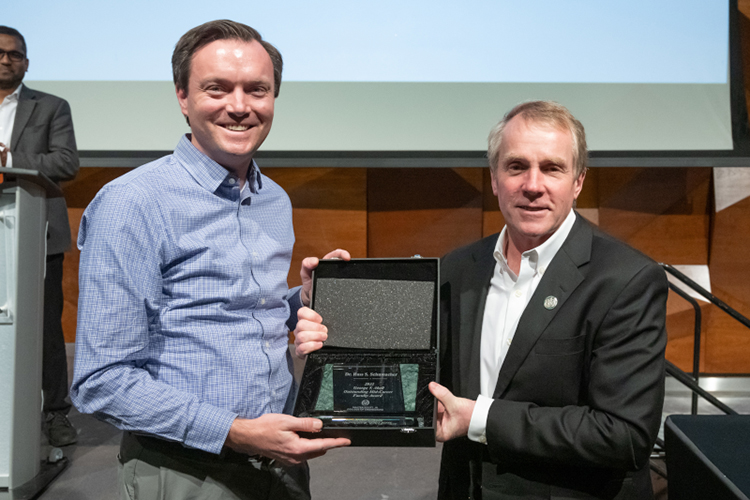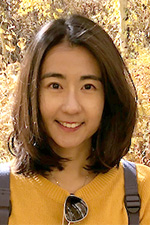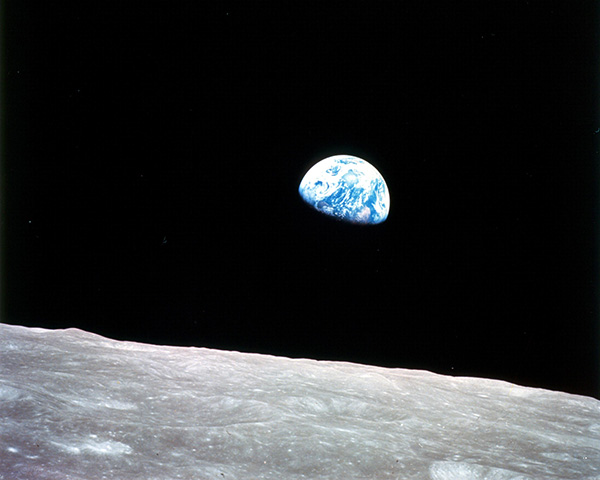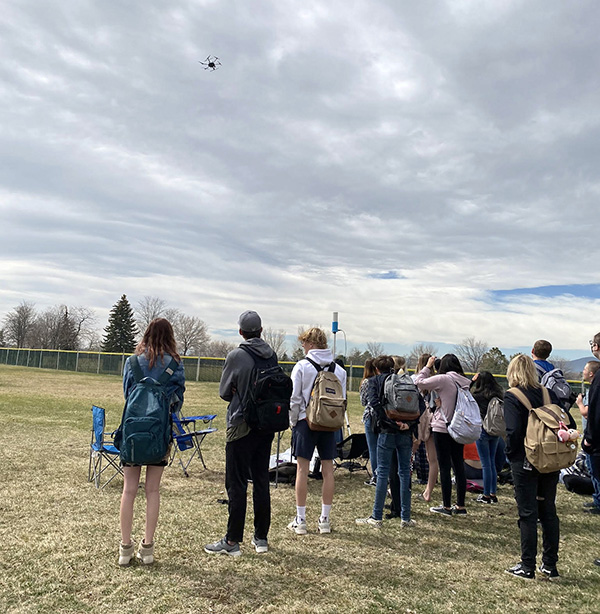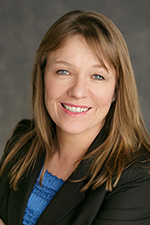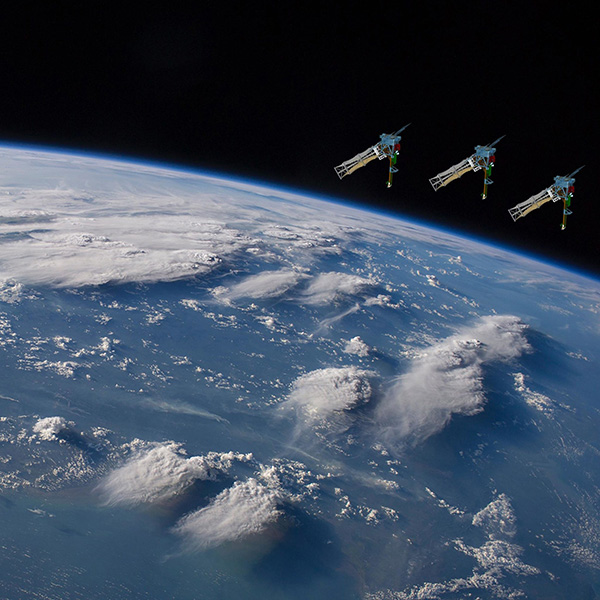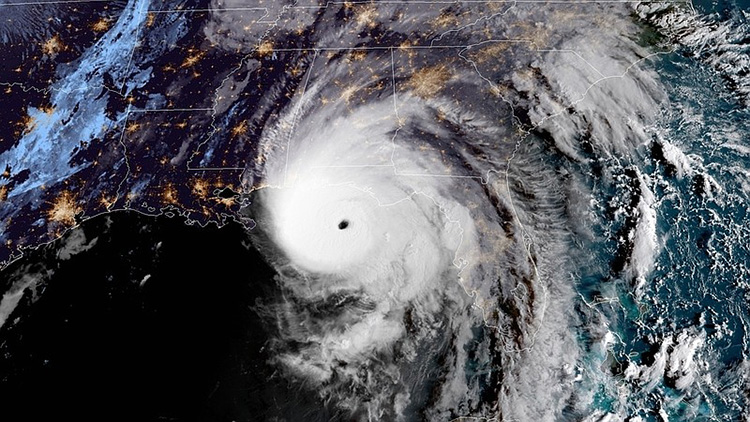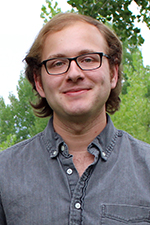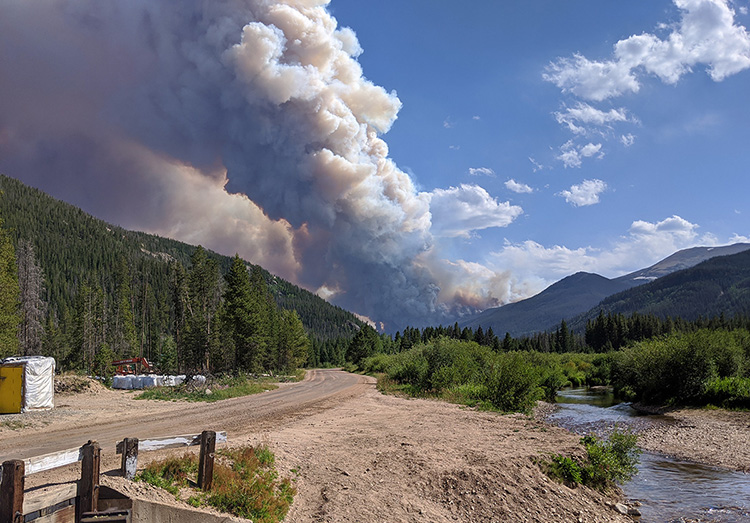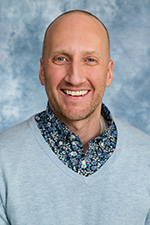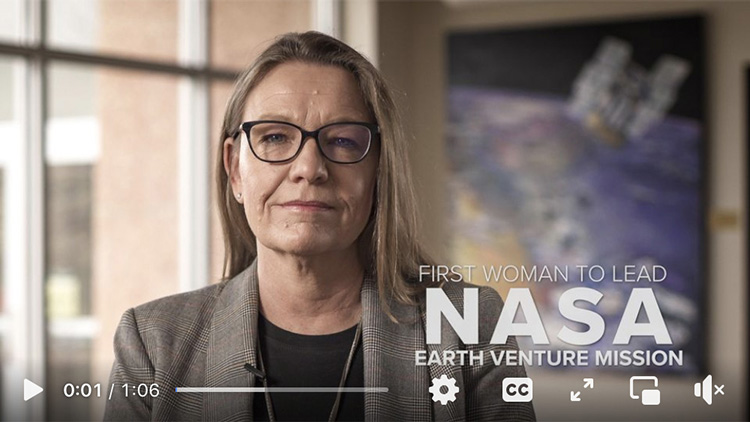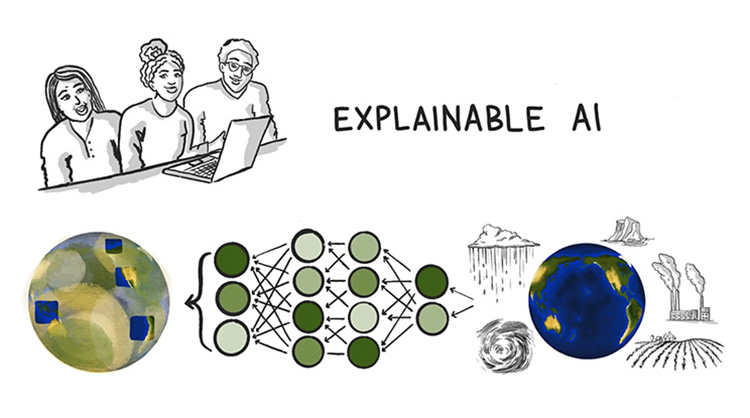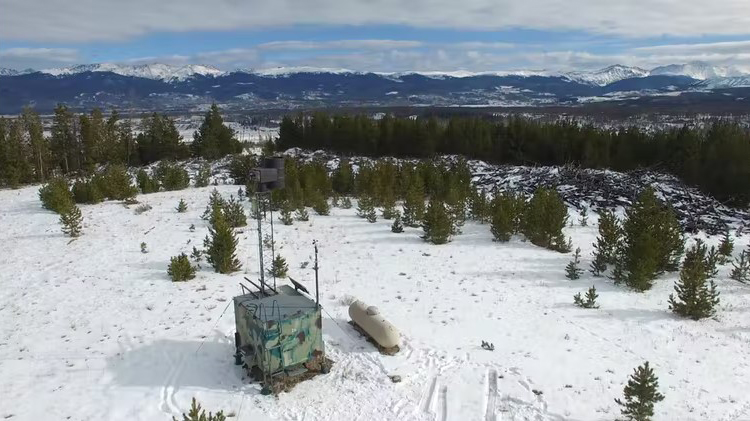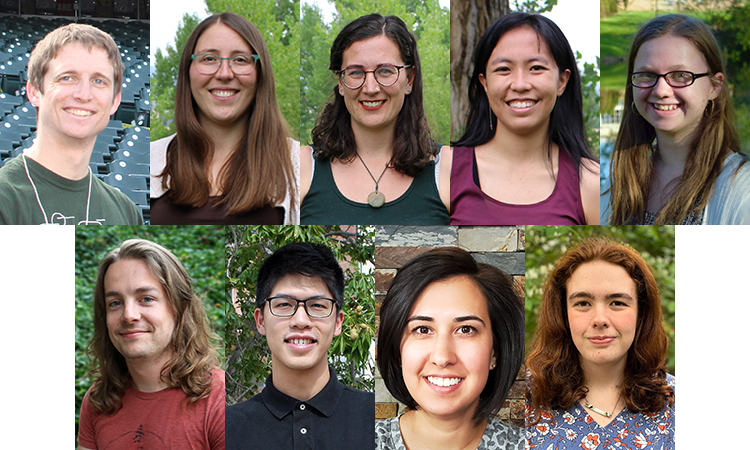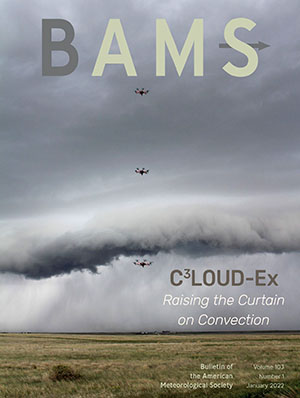The department celebrated fall graduates at a ceremony on December 2, 2022, and spring and summer graduates on May 12, 2023. Advisers shared information about each graduate, and family and friends were able to attend.
We asked our graduating students about their plans following graduation and the most important thing they learned at CSU. Here are their responses.
Tyler Barbero
“I am continuing on for the PhD here at CSU!”
“The most important thing I’ve learned is to have confidence in myself!”
Ting-Yu Cha
“I will be going to NCAR in January 2023 for the Advanced Study Program (ASP) postdoctoral fellowship.”
“The most important thing I’ve learned at CSU is the power of resilience.”
Anindita Chakraborty
“I am going to join the Energy Institute of CSU as a Simulation Software Engineer in July.”
“CSU has given me the opportunity to engage with individuals from diverse backgrounds, cultures, and perspectives which has broadened my understanding of the world.”
Charlie Connolly
“I will be sticking around, working to get my PhD and continuing to grow and strengthen CAMP.”
“You do not have to know everything in order to be a good scientist.”
Luke Davis
“Norwich England to start a postdoc on links between the circulation/the carbon cycle at the University of East Anglia with Corinne Le Quéré.”
Ivy Glade
“I am staying at CSU to do my PhD!”
“Going through my master’s at CSU showed me how important it is to be kind to myself.”
Chih-Chi Hu
“I am going to start my post-doc at GFDL/Princeton at the end of September.”
“The skill to communicate science.”
Daniel Hueholt
“I am staying at CSU to continue on to my PhD with Jim and Libby working on Earth system science under scenarios of climate change and climate intervention.”
“I think the most important thing I’ve learned at CSU is how to work sustainably in a way that helps me both challenge myself and thrive in science while avoiding burnout and building a life outside of work. The potential to attain this balance was one of the reasons I chose CSU for grad school, and I’ve been so happy that I’ve been able to live that out!”
Joe Kelly
“I am planning on working at a research laboratory.”
“I learned how to approach problems analytically and the importance of collaborating with peers.”
Nathan Kelly
“Working for DTN on Quantitative Precipitation Estimation from Fort Collins.”
“How to overcome adversity in research and on the roads of Argentina.”
Bee Leung
“I’m staying here at CSU to finish my Ph.D. working with my advisor, Sue.”
“I learned how important it is to ask for help when I need it and offer others help when I can—science (and life) is a team effort!”
Kirsten Mayer
“I am a Project Scientist at the National Center for Atmospheric Research (NCAR).”
“To always double triple check your code but also that I picked the perfect place for graduate school :)”
Chandra Pasillas
“I am now an assistant professor at the Air Force Institute of Technology teaching dynamics, satellite, and circulation to masters’ students in Dayton Ohio.”
“It takes a village…We are not meant to do things alone. This would not be possible without the help of others.”
Marqi Rocque
“I will be working at Pacific Northwest National Laboratory (PNNL) as a radar scientist.”
“The most important thing I learned at CSU is the importance of collaboration and not being afraid to ask for help.”
Kyle Shackelford
“I am still at CSU and continuing on for my PhD.”
“The most important thing I’ve learned so far at CSU is the importance of organization!”
Madison Shogrin
“Staying here for my PhD!”
“No one really has it figured out, we’re all just winging it.”
Alex Sokolowsky
“I will be starting as a Scientist I on Extreme Event Solutions/Verisk’s Midlatitude Perils Team on 7 December!”
“The two most important things I’ve learned at CSU are time management and stress management. In my experience, you can’t have one without the other, especially in finishing a Ph.D.”
Dhyey Solanki
“I will be staying here at Atmos for my Ph.D. research and am very excited and looking forward to it.”
“I think my biggest learning in the last 2 years is to view science as a philosophy and method of translating imagination into knowledge.”
Shim Yook
“I will continue working with Dave as a postdoc at CSU.”
“The most important thing I learned at CSU is to have a good balance between work and life.”
Photo collage, from left to right, top to bottom row: Tyler Barbero, Ting-Yu Cha, Anindita Chakraborty, Charlie Connolly, Luke Davis, Ivy Glade, Chih-Chi Hu, Daniel Hueholt, Joe Kelly, Nathan Kelly, Nick Leitmann-Niimi, Bee Leung, Kirsten Mayer, Chandra Pasillas, Marqi Rocque, Kyle Shackelford, Alex Sokolowsky, Dhyey Solanki, Shim Yook.
Fall 2022 Graduates
| Daniel Hueholt |
MS |
Adviser: Jim Hurrell |
| Bee Leung |
MS |
Adviser: Sue van den Heever |
| Kirsten Mayer |
PhD |
Adviser: Libby Barnes |
| Sagar Rathod * |
PhD |
Advisers: Jeff Pierce and Tami Bond |
| Alex Sokolowsky |
PhD |
Adviser: Sue van den Heever |
* Recognized at previous event
Spring 2023 Graduates
| Ting-Yu Cha |
PhD |
Adviser: Michael Bell |
| Charlie Connolly |
MS |
Adviser: Libby Barnes |
| Joe Kelly |
MS |
Adviser: Christine Chiu |
| Nathan Kelly |
PhD |
Adviser: Russ Schumacher |
| Nick Leitmann-Niimi |
MS |
Adviser: Chris Kummerow |
| Chandra Pasillas |
PhD |
Advisers: Michael Bell and Chris Kummerow |
| Kyle Shackelford |
MS |
Advisers: Peter Jan van Leeuwen and Charlotte DeMott |
| Madison Shogrin |
MS |
Adviser: Emily Fischer |
| Dhyey Solanki |
MS |
Adviser: Christine Chiu |
Summer 2023 Graduates
| Tyler Barbero |
MS |
Adviser: Michael Bell |
| Anindita Chakraborty |
MS |
Advisers: Jim Hurrell and Kristen Rasmussen |
| Luke Davis |
PhD |
Adviser: Dave Thompson |
| Ivy Glade |
MS |
Adviser: Jim Hurrell |
| Chih-Chi Hu |
PhD |
Adviser: Peter Jan van Leeuwen |
| Marqi Rocque |
PhD |
Adviser: Kristen Rasmussen |
| Shim Yook |
PhD |
Adviser: Dave Thompson |



